The Journey Of Developing An Ecommerce System








Faced with various market influences, the demand for developing eCommerce systems among businesses in Vietnam is gradually becoming more defined and undergoing a stronger transformation. The Covid-19 crisis, in particular, has been a significant catalyst accelerating this transformation process rapidly.
So, how should businesses chart their journey in developing an eCommerce system to not only adapt to market and customer changes but also seize opportunities and excel in this highly competitive arena?
In general, the development journey of eCommerce systems for Vietnamese businesses, from the initiation of business to expanding the scale with a specialized eCommerce system, typically goes through three important milestones.
Businesses need to thoroughly understand these milestones and coordinate with a detailed examination of goals, budgets, and the current state of the business to devise an appropriate and tailored development journey.
1. Operating on eCommerce Marketplaces
The emergence of the eCommerce marketplace has efficiently addressed the online buying and selling needs not only for small online shops, startup businesses, and small to medium-sized enterprises but also for large brands.
With an extensive operational system, eCommerce marketplaces create many favourable opportunities for businesses and individual small-scale entrepreneurs with budget constraints. By only incurring basic expenses for setting up a storefront and annual maintenance fees, businesses and store owners can quickly have their shops.
Additionally, processes such as payment, shipping, customer care, post-delivery issue resolution, and marketing programs are simplified with comprehensive support from eCommerce marketplaces. Choosing an eCommerce marketplace to initiate business is a suitable start, helping businesses increase brand coverage, competitive ability, and sales volume at cost savings.
Even large brands/brands that have developed offline are currently utilizing eCommerce marketplaces to penetrate and expand the market. For developed brands and traditional businesses looking to transition to online business, eCommerce marketplaces are the right starting point to test eCommerce business.
From there, businesses can build a comprehensive eCommerce development strategy, from eCommerce marketplace to social commerce, brand.com website development, and implementing an omnichannel approach.
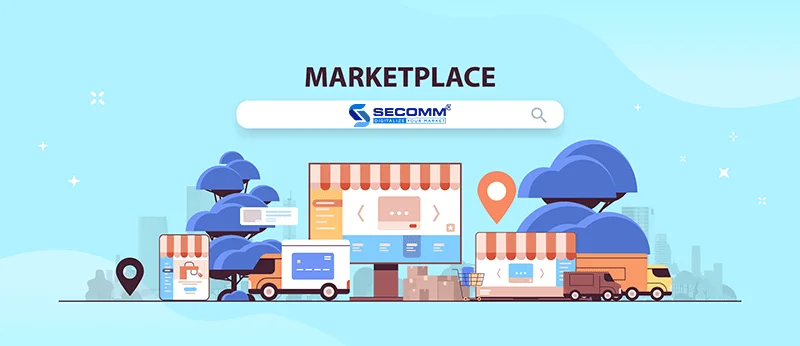
In Vietnam, popular eCommerce marketplaces such as Shopee, Lazada, Tiki, Sendo, etc., are favoured by many businesses. With a massive monthly user base and attractive promotion programs, diverse service systems, eCommerce marketplaces maximize support for sellers in swiftly bringing their brands and products to the market through simple steps:
- Create a new storefront and optimize the brand: Consider deploying an official or flagship store (Shopee Mall, Official store, Lazmall, etc.) to enhance brand credibility and product quality.
- Perfect the product system with complete information, authentication, and beautiful and appealing images.
- Utilize the features and services provided by the eCommerce marketplace to develop sales activities. Additionally, invest in advertising programs and special events on the platform to boost sales.
- Maintain business efficiency by taking care of existing customers with exclusive discount programs, promptly addressing order issues, and post-purchase complaints to improve the customer experience and enhance store reputation.
Despite the significant benefits of doing business on eCommerce marketplaces, businesses and individuals are subject to substantial dependence on policy and operational changes. They also face limitations in accessing and leveraging potential customer data to improve marketing efficiency or personalize the customer experience. Furthermore, businesses must directly compete with a large number of similar stores and brands on the platform regarding pricing and product quality.
2. Developing a Basic eCommerce System
In addition to doing business on eCommerce marketplaces, businesses can independently develop a basic eCommerce system, getting closer to potential customers and implementing their own eCommerce Marketing programs.
Developing a basic eCommerce system does not require excessive investment in time, development costs, or website programming. Businesses only need to use free website-building tools with available interfaces and features to easily create a website through simple drag-and-drop operations.
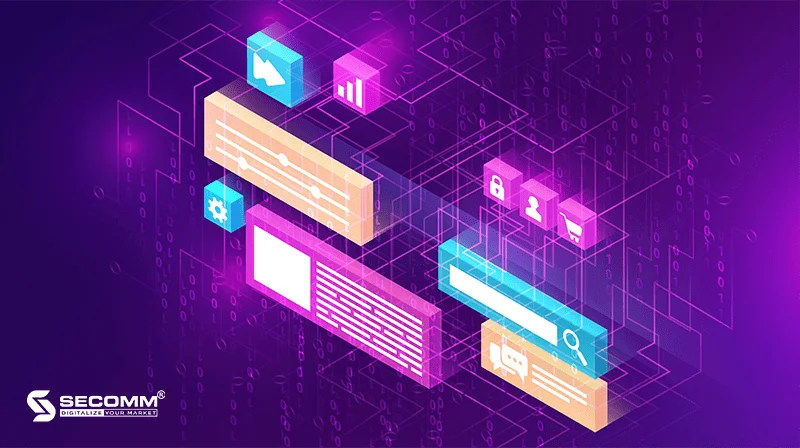
Some popular website building tools in the current Vietnamese market that support the development of a simple eCommerce system include Sapo, Haravan, and Nhanh.vn.
Sapo
- The Sapo web solution supports building a responsive and visually appealing website interface with a diverse range of available interfaces for various fields.
- A diverse product ecosystem that seamlessly supports Sapo web business: Sapo POS, Sapo Go, Sapo Omni, Sapo Express, Sapo Pay, Sapo Enterprise…
- Integration of effective features, analysis tools, marketing, advertising, and conversion promotion.
- Linking sales on eCommerce marketplaces and selling through Facebook social media.
- Integration of multiple payment methods: manual payment (COD, bank transfer) and automatic payments such as e-wallets (Moca, Momo, Zalopay), payment gateways (VNPay, Paypal), card payments…
- Collaboration with major delivery partners in Vietnam such as Giao Hàng Nhanh, Ninja Van, J&T Express…
- Cost-effective eCommerce system development with three main solution packages:
- Basic: 299,000 VND/month
- Pro: 499,000 VND/month
- Omni-channel: 599,000 VND/month
Haravan
- Similar to Sapo, Haravan also offers a diverse range of interfaces for various fields, both free and paid, with compatibility across most devices.
- Integration of a diverse range of applications, supporting various eCommerce business models, especially Print on Demand or Dropshipping.
- Support for eCommerce functions with an application system that seamlessly operates marketing, order processing, payment, and shipping.
- Collaboration with many popular domestic and international shipping partners: Giao Hàng Nhanh, ViettelPost, DHL, AhaMove, GrabExpress,…
- Integration of payments through e-wallets (Momo/Zalopay), domestic ATM cards, international payment gateways (Paypal),…
- Support for multi-channel business with eCommerce marketplaces (Shopee, Tiki, Lazada),…
- Development of eCommerce business support solutions: Harafunnel chatbot solution and Harasocial Facebook sales management solution.
- Cost-effective and tailored to the business needs of each enterprise:
- Business startup and Omni-channel management package:
- Standard: 200,000 VND/month
- Pro: 600,000 VND/month
- Business growth package:
- Grow: 1,500,000 VND/month
- Scale: 3,000,000 VND/month
- Business startup and Omni-channel management package:
Nhanh.web
- Supports rapid website design tailored to each industry with a diverse interface repository.
- Provides essential SEO and Marketing features, including Email and SMS, live chat, and analytical tools.
- Integration of various payment methods: Bao Kim, OnePay, VNPay…
- Collaboration with major shipping partners: Giao Hàng Nhanh, ViettelPost, Giao Hàng Tiết Kiệm,…
- Supports sales on Facebook and seamlessly integrates sales management software from online to offline.
- 3 options for developing an eCommerce system with Nhanh.web:
- Basic package: 3,600,000 VND/year
- Optimal package: 7,200,000 VND/3 years
- Savings package: 10,800,000 VND/5 years
Based on criteria such as simplicity, availability, time and cost savings, most of these tools will meet the basic needs of developing an eCommerce system. However, available website design tools also pose several challenges, limiting business operations and eCommerce expansion:
- Limited customization capabilities as choices rely on available options, leading to interface and design concept duplications among websites in the same industry. This makes it challenging to create a unique brand identity and store. Additionally, it complicates the development of features aligned with the customer journey, optimization of customer experience, and integration with internal systems used by the business.
- Although the initial fixed website development costs may seem reasonable every month, businesses often incur additional costs for using extensions or invest a significant amount in developing new functions and specialized features for their systems on these platforms.
- Lack of website source code ownership makes it difficult for businesses to control and poses a risk of losing the entire existing website. Furthermore, this situation complicates the transition of an eCommerce system to new platforms, especially concerning data migration.
3. Developing a Specialized eCommerce System
Typically, after a period of doing business on eCommerce platforms or using available website design tools, businesses gradually recognize the need to develop a specialized eCommerce system designed to propel a sustainable eCommerce journey.
Developing a specialized eCommerce system requires both experience and substantial investment in terms of costs and deployment time. However, this approach proves to be a cost-effective solution for the long-term business plans of companies, delivering sustainable business efficiency, and serving as a perfect transition for an independent and comprehensive eCommerce system.
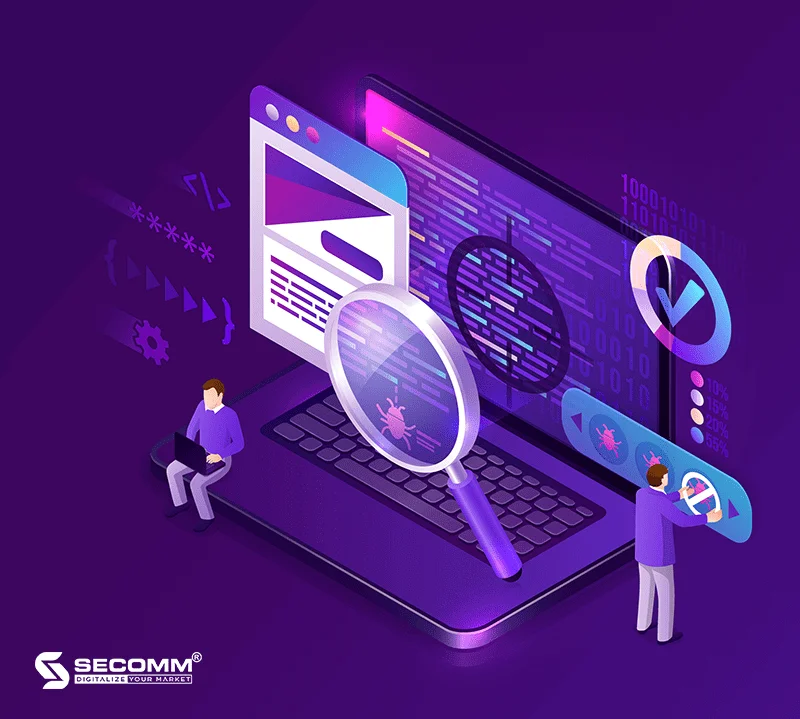
Developing a specialized eCommerce system will maximize meeting various needs, such as:
- Abundant Built-in Features: Comprehensive eCommerce functionalities including Product Category Management, Sales Management, Marketing Management, Customer Management, Store Management, Inventory Management, etc.
- Easy Customization and Development: The ability to customize and develop in-depth functions, especially those related to industry-specific requirements, brand development, user preference changes, and optimizing the customer experience. This ensures meeting the business development needs and customer usage demands while allowing for the quick adoption of new technologies to stay competitive in the market.
- Diverse Payment Integration: Proactive integration of various payment methods, from cash payments to payment gateways and e-wallets, enhancing convenience and diversifying the payment experience. Easy collaboration with multiple shipping partners in the market and internal shipper management provides customers with various delivery options.
- Advanced Integration Capability: Enhanced integration with the systems the business is currently using, such as ERP, CRM, BI, optimizing the system and analyzing customer data, and sales data, contributing to revenue improvement, and promoting personalized features to maximize the customer experience.
- Scalability: Easy scalability of business scope, deployment, and management of multi-channel eCommerce: website, eCommerce platforms, and social media, all within a unified system.
- Data Ownership: Possession of all customer data without dependency, enabling businesses to proactively reach potential audiences with suitable marketing programs to optimize user experience and increase conversion rates.
- Full Source Code Ownership: Owning the entire source code of the website system provides flexibility in developing and upgrading necessary features for customers, aligning with the business development needs.
- Optimized Website Performance and High Security: Ensuring optimal website performance and high-security standards for eCommerce transactions.
Among the specialized eCommerce platforms widely used by businesses today, such as Shopify, BigCommerce, and WooCommerce, Magento stands out with significant advantages and caters to all business needs from simple to complex. Many multinational corporations currently leverage Magento to build sophisticated eCommerce systems, including names like Samsung, Nike, Coca-Cola, Lenovo, Olympus, Port, Pox, Nestle, BevMo, Burger King, and Murad, among others. Additionally, millions of small and medium-sized eCommerce sites worldwide are also built on this platform.
- Magento (Adobe Commerce) possesses an extensive and diverse ecosystem. With a comprehensive set of built-in features for eCommerce, Magento also can integrate with third-party technologies, an extensive system of extensions with many advanced support features to optimize the efficiency of eCommerce operations on the system. In addition, the platform supports integration with most existing partners in payment, shipping, and management software,… and provides quick technical support from the global technical community.
- Owning all the advantages of an open-source platform, Magento has the ability to customize designs and develop specialized functional systems for each industry, business model, and enterprise needs. At the same time, Magento’s high scalability allows businesses to operate multiple stores simultaneously with multiple languages on the same system.
- High security ensures the safe and efficient operation of all eCommerce processes, increasing the reliability of the website and maximizing the protection of the rights of eCommerce users.
With all the outstanding advantages of a specialized eCommerce platform, Magento is undoubtedly a suitable choice for both B2B and B2C businesses, catering to businesses of all sizes, from startups to large enterprises.
Contact SECOMM for a detailed consultation on the comprehensive and sustainable development journey of your eCommerce system for businesses.
Also, explore Magento solutions tailored specifically for SMEs in Vietnam!






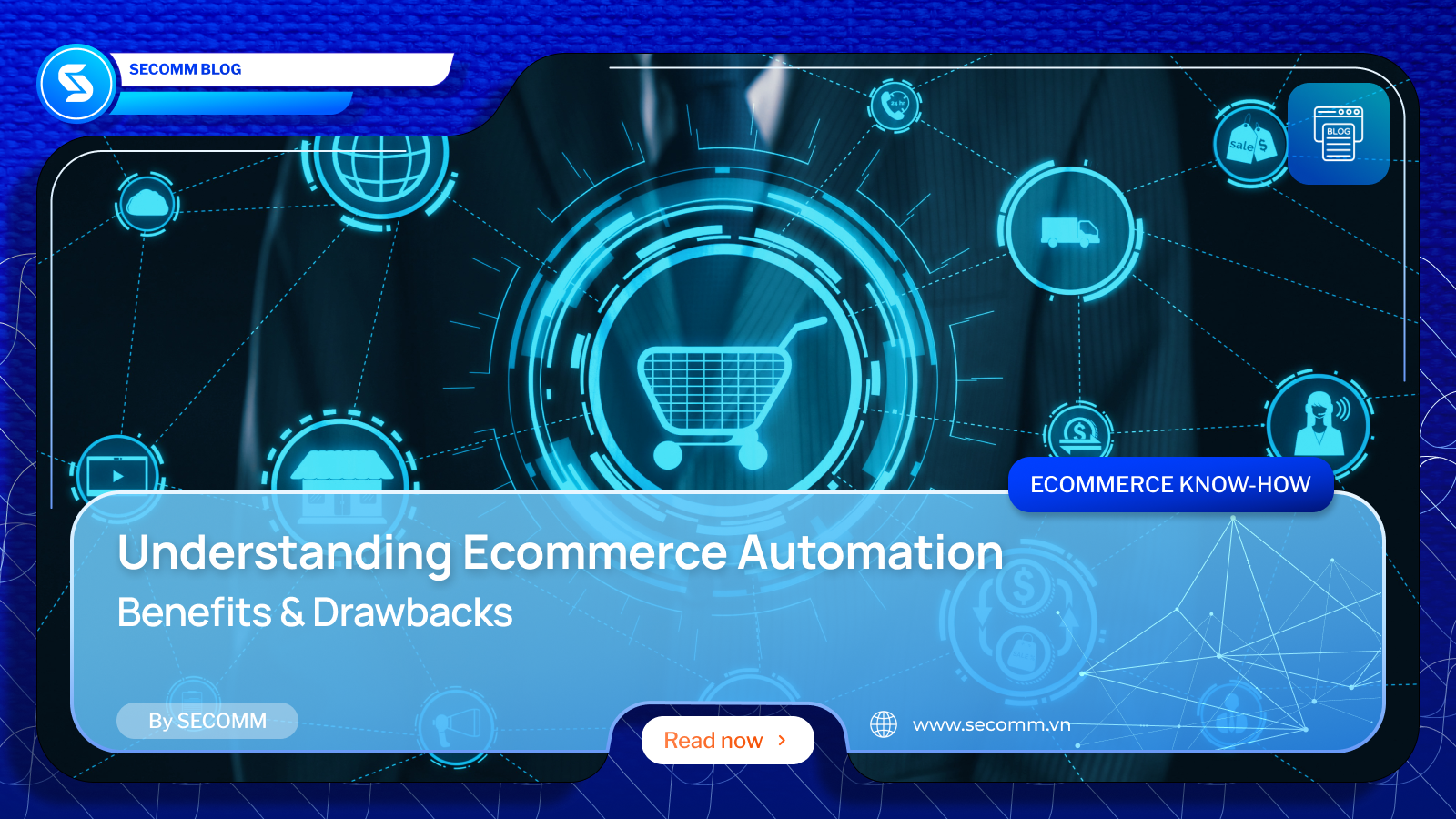
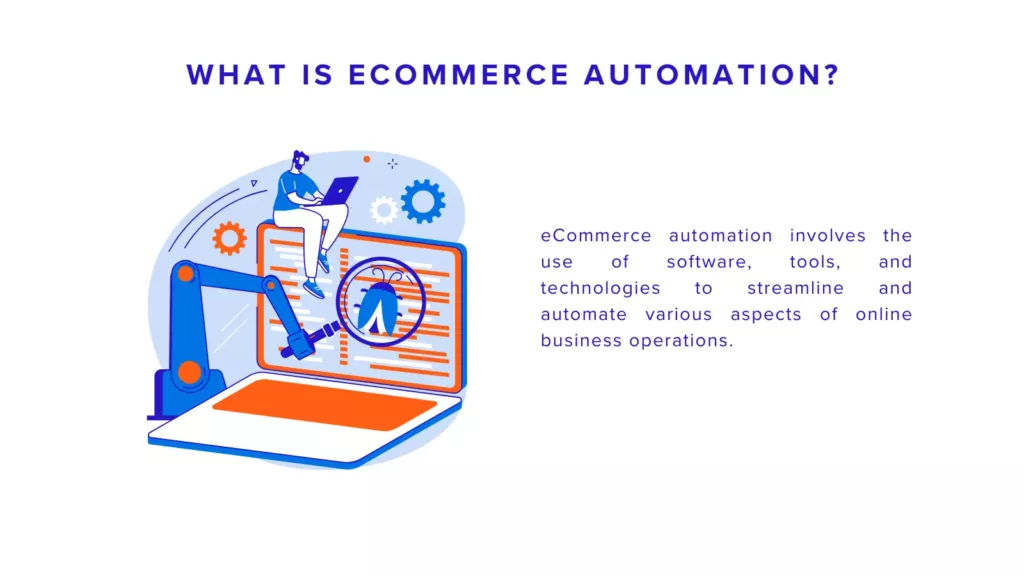
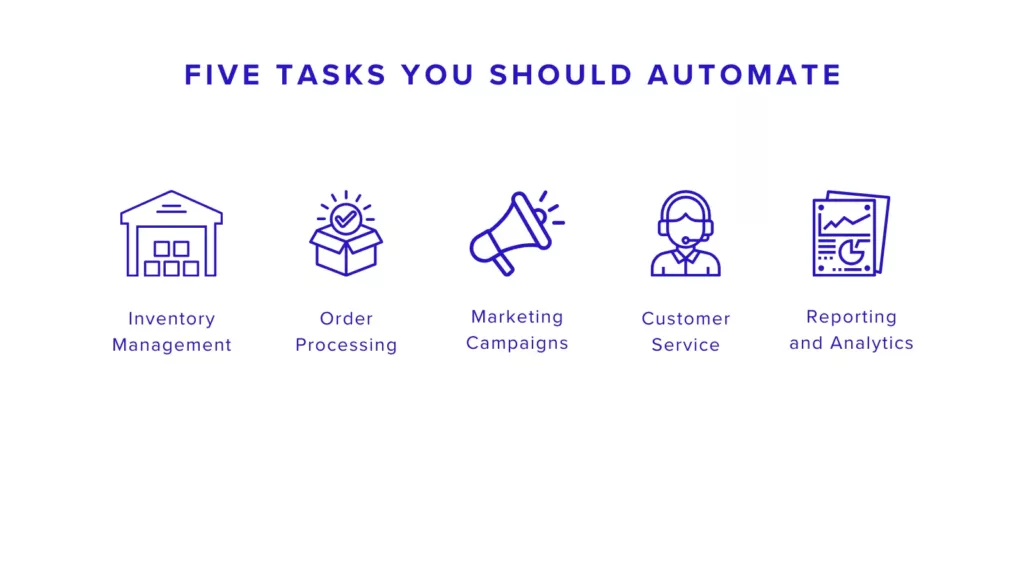
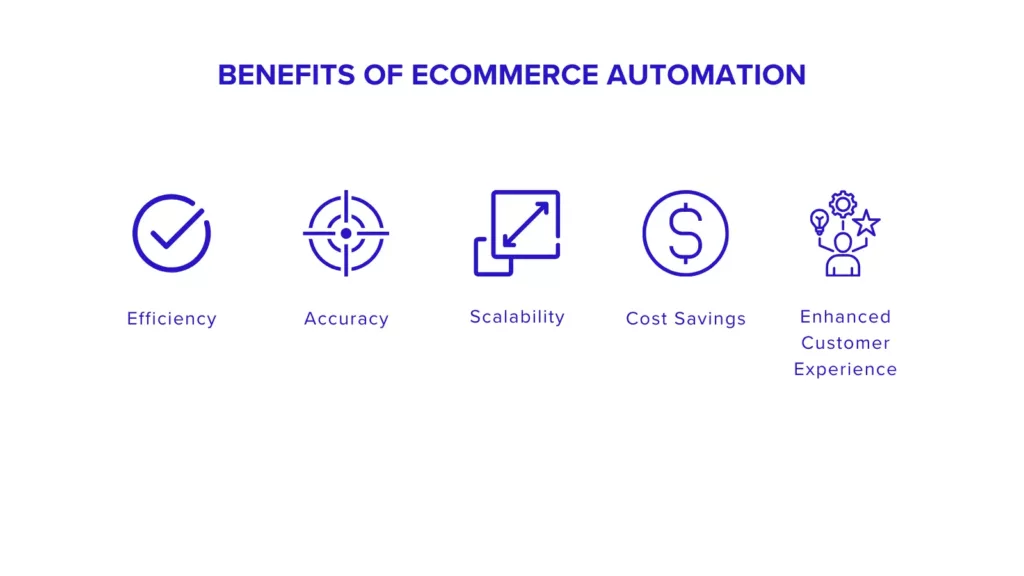
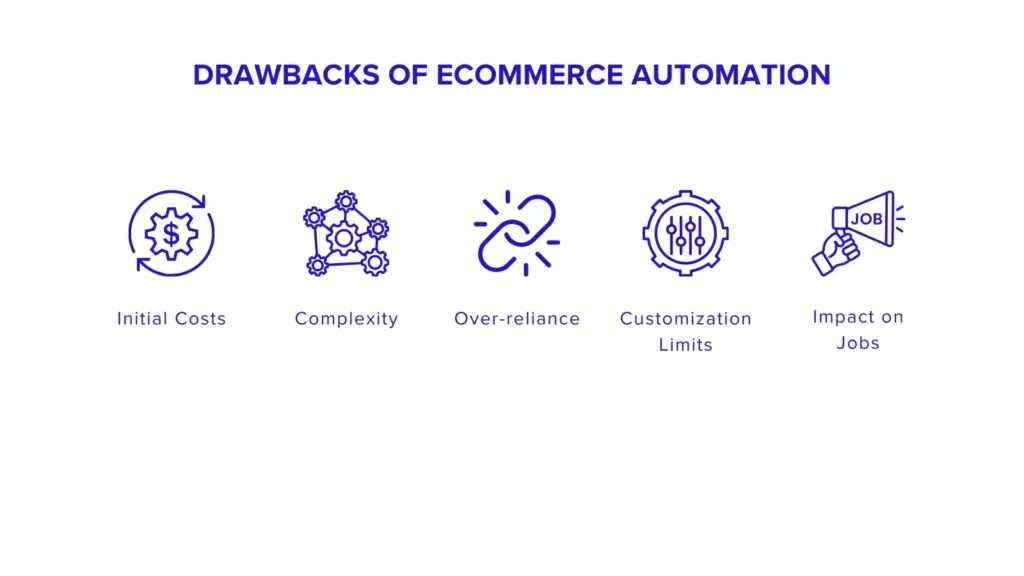

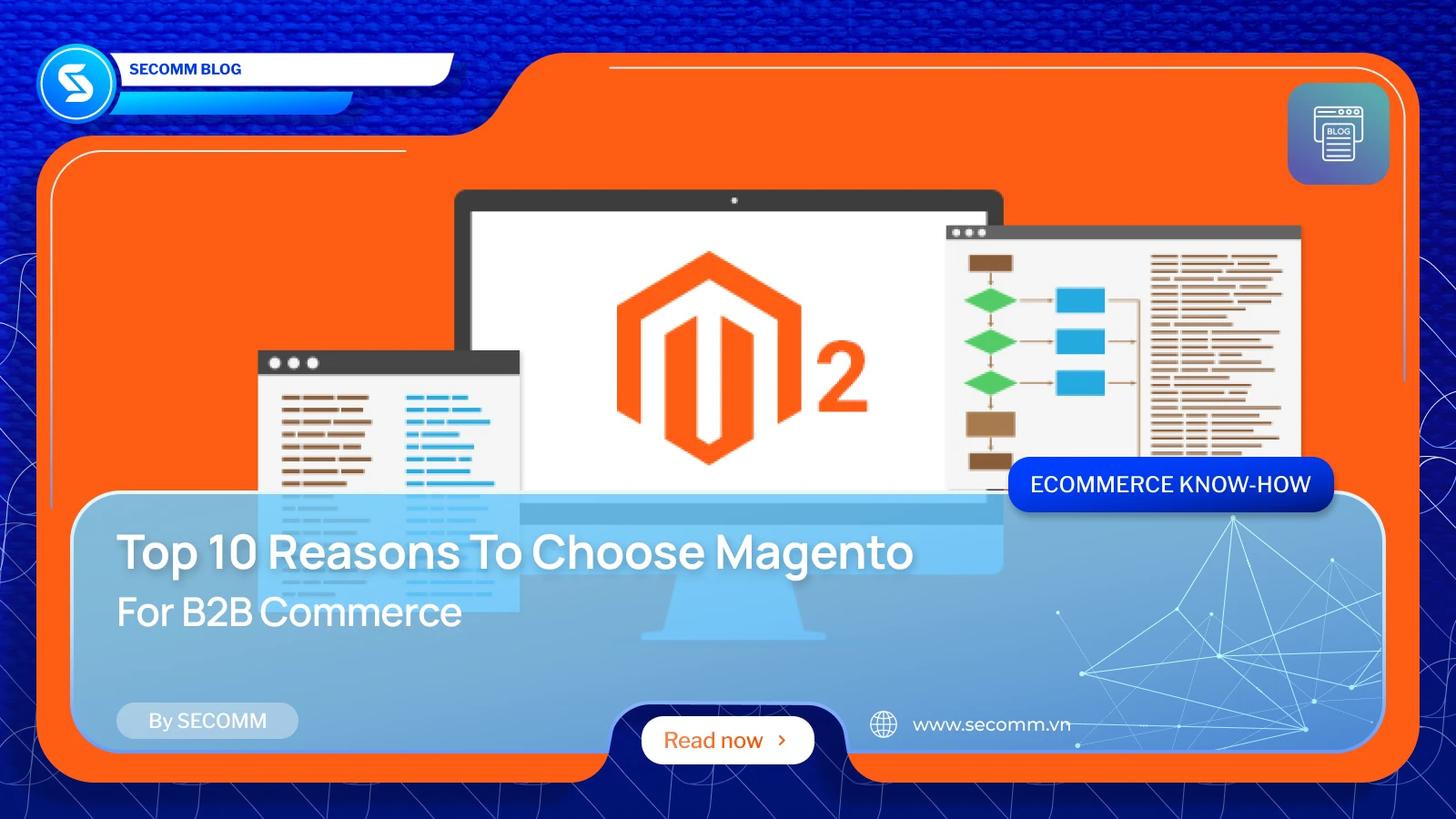
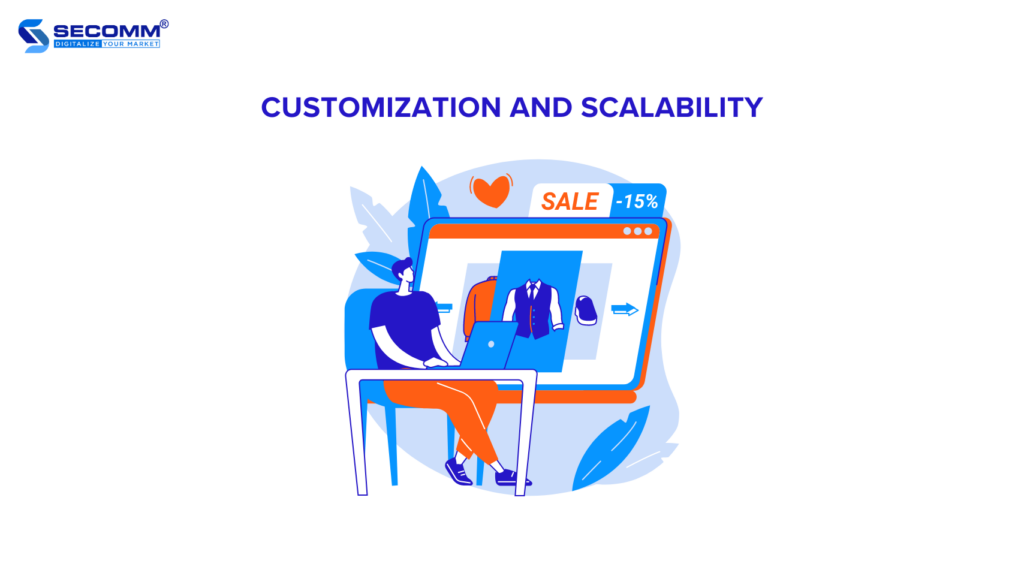
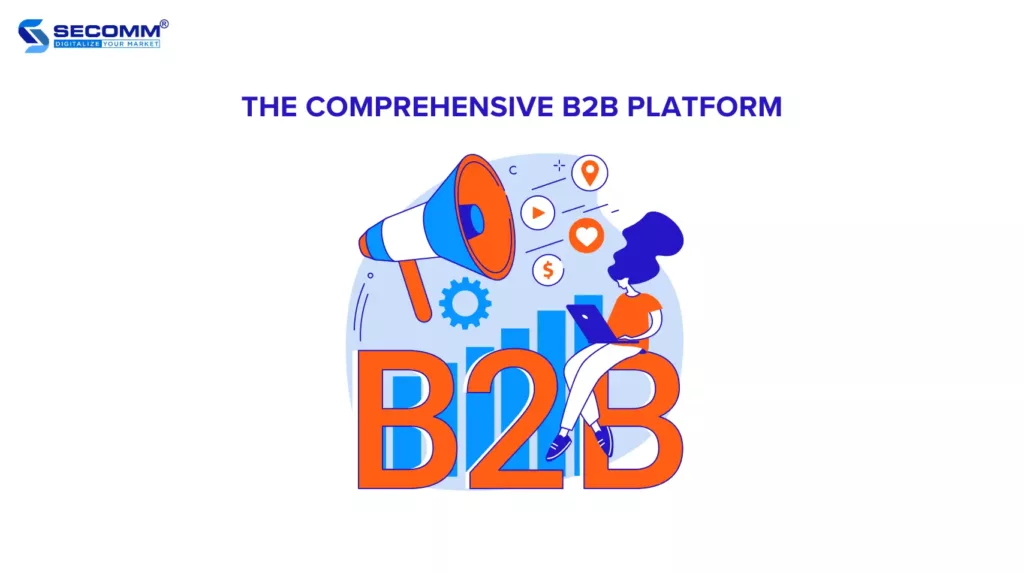
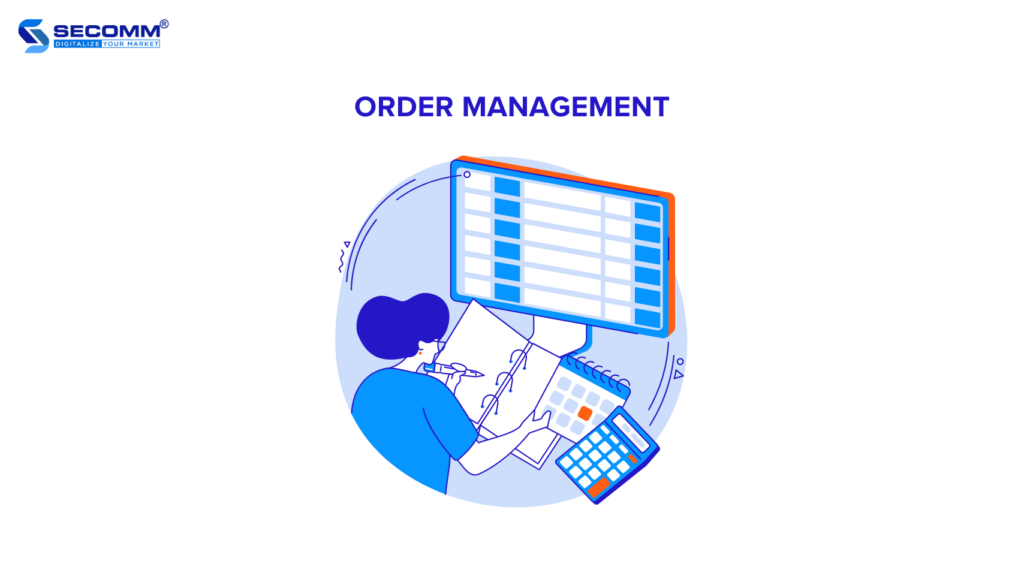
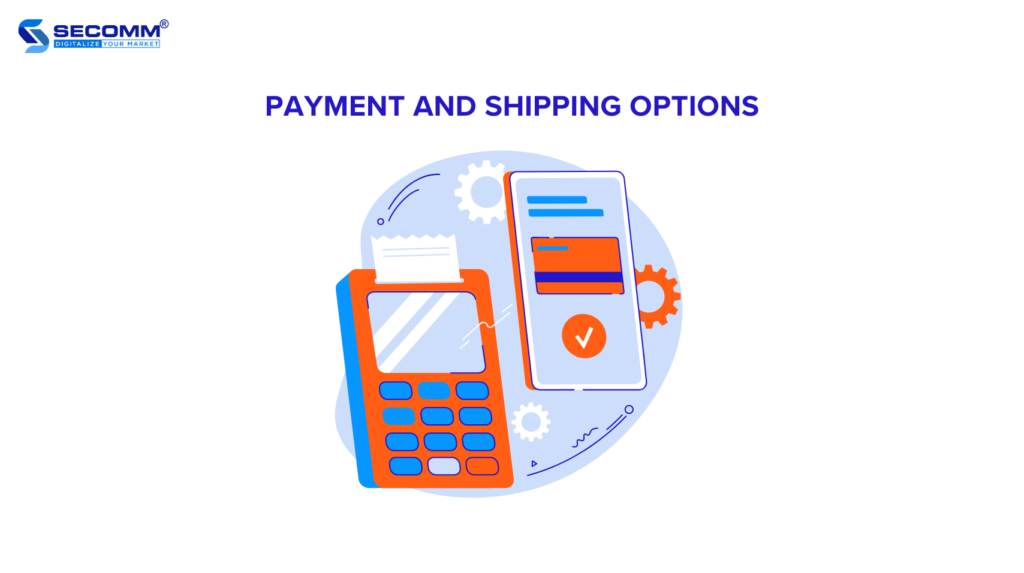
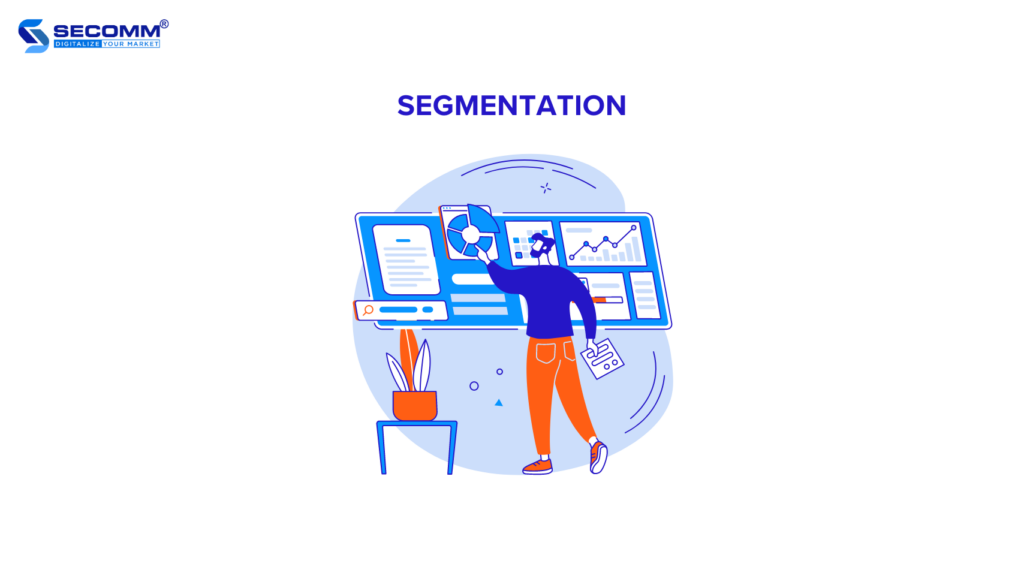
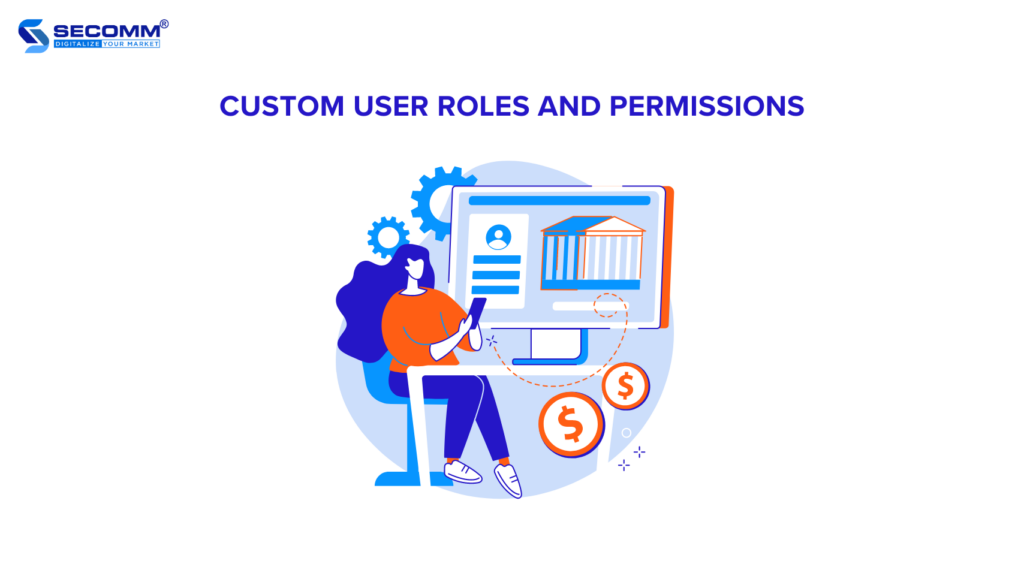
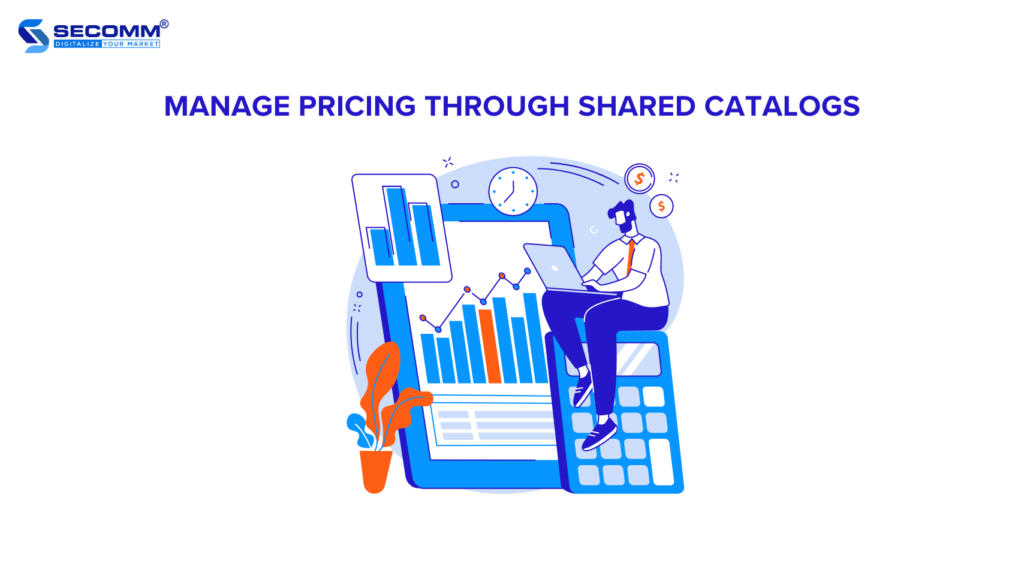
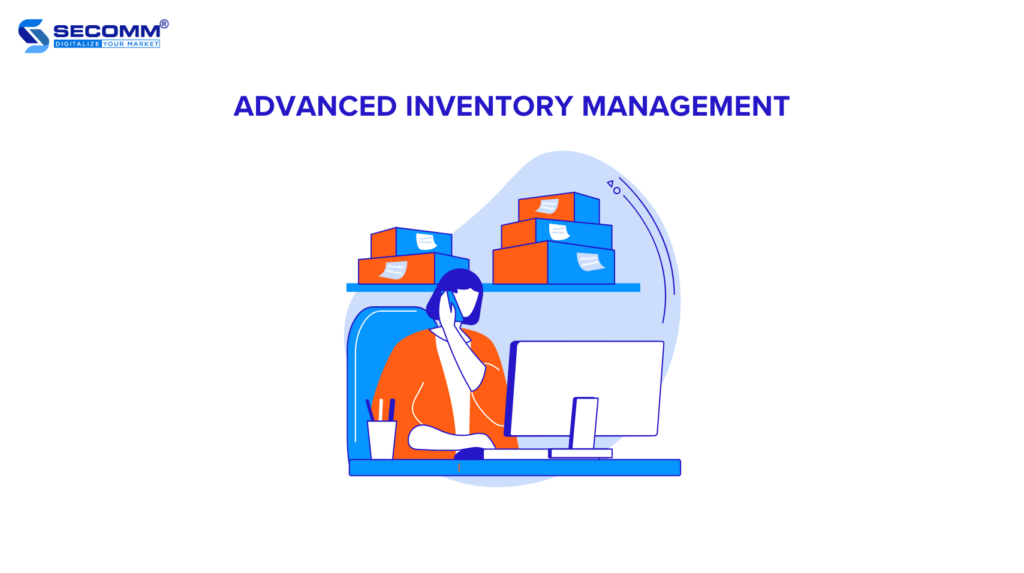
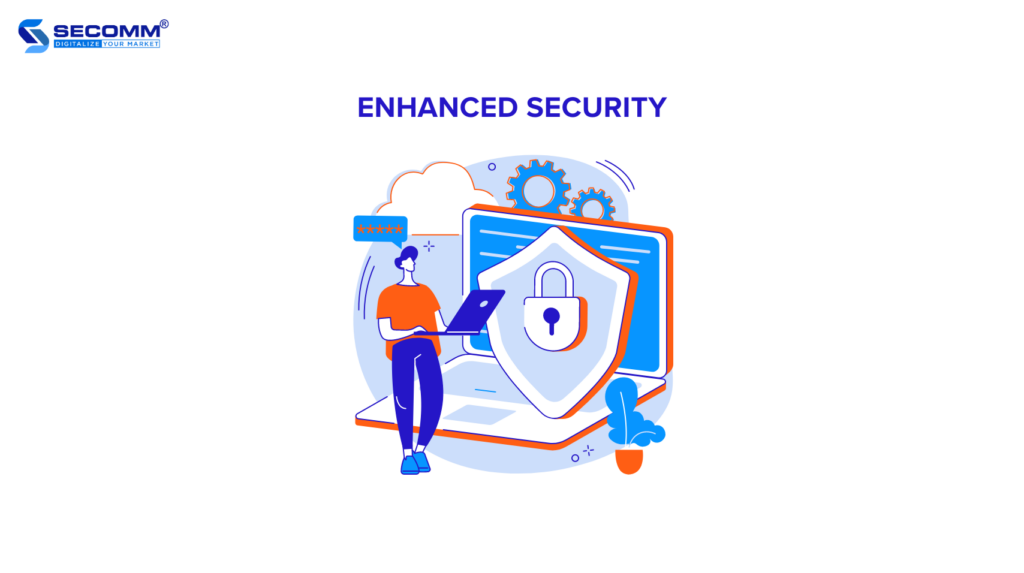
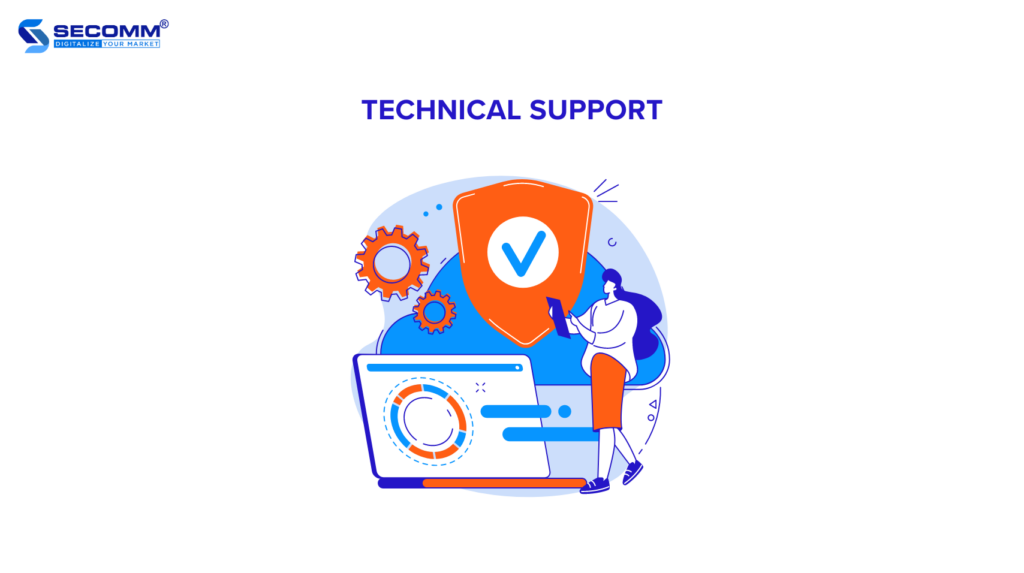
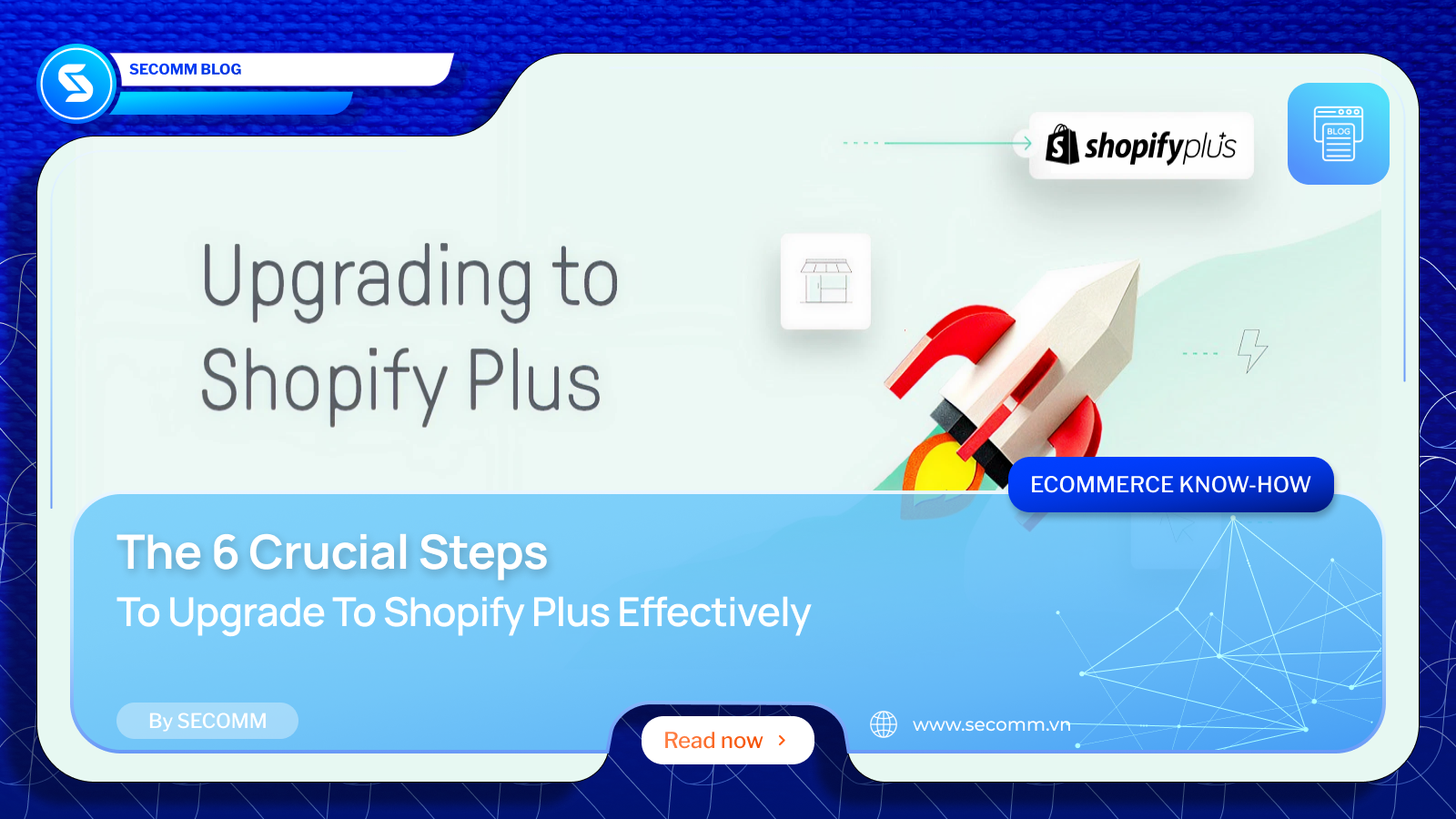
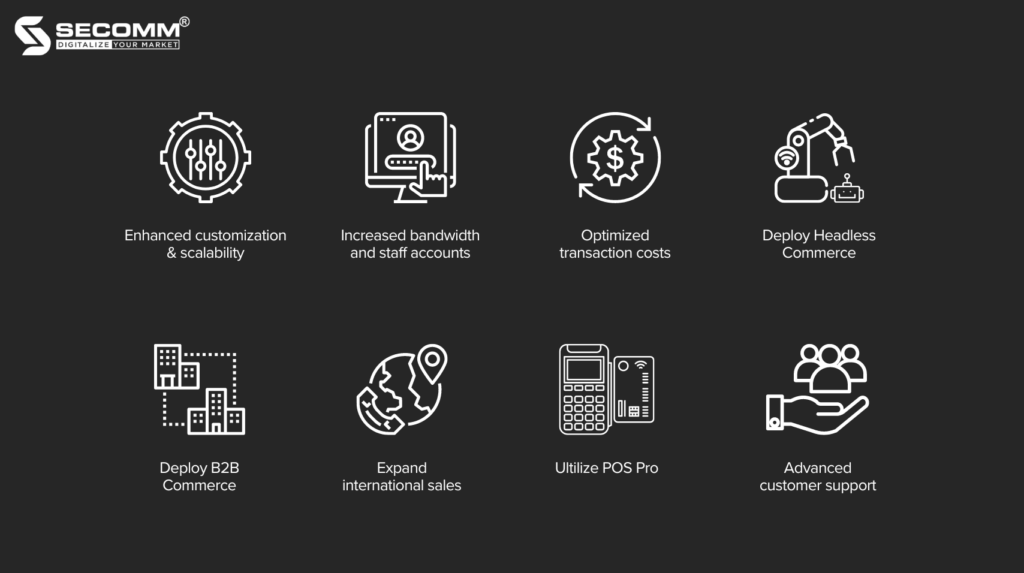
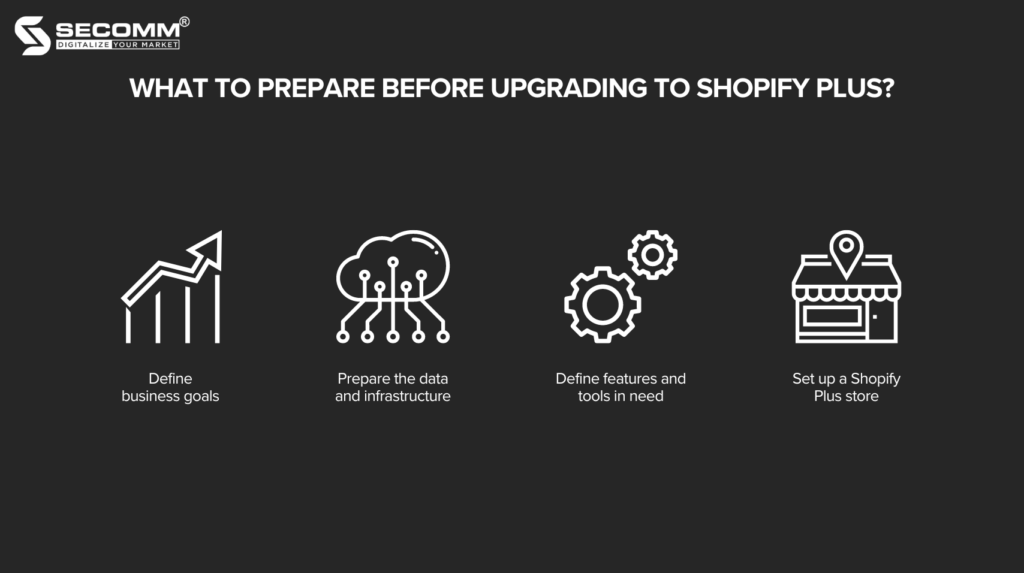
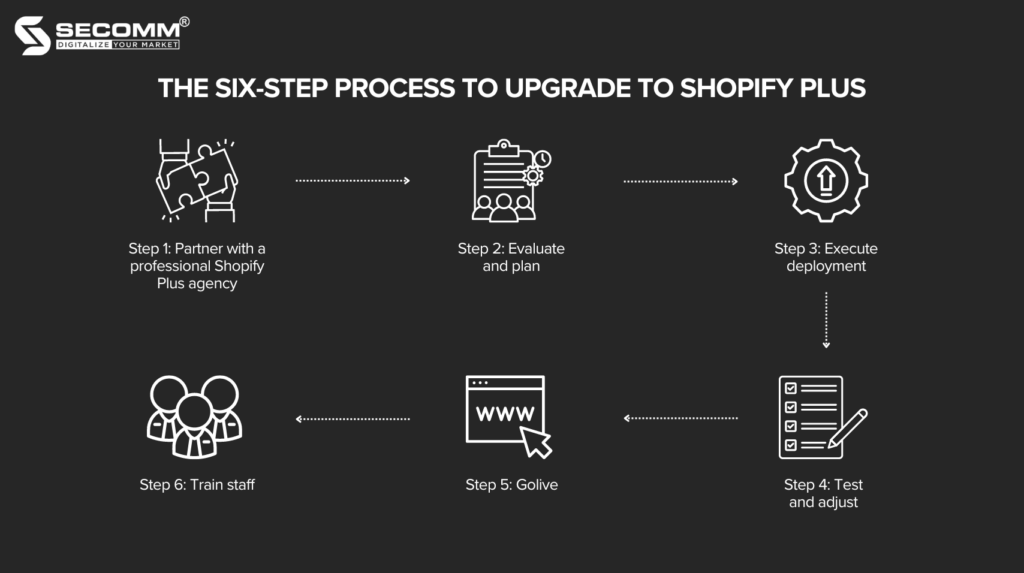

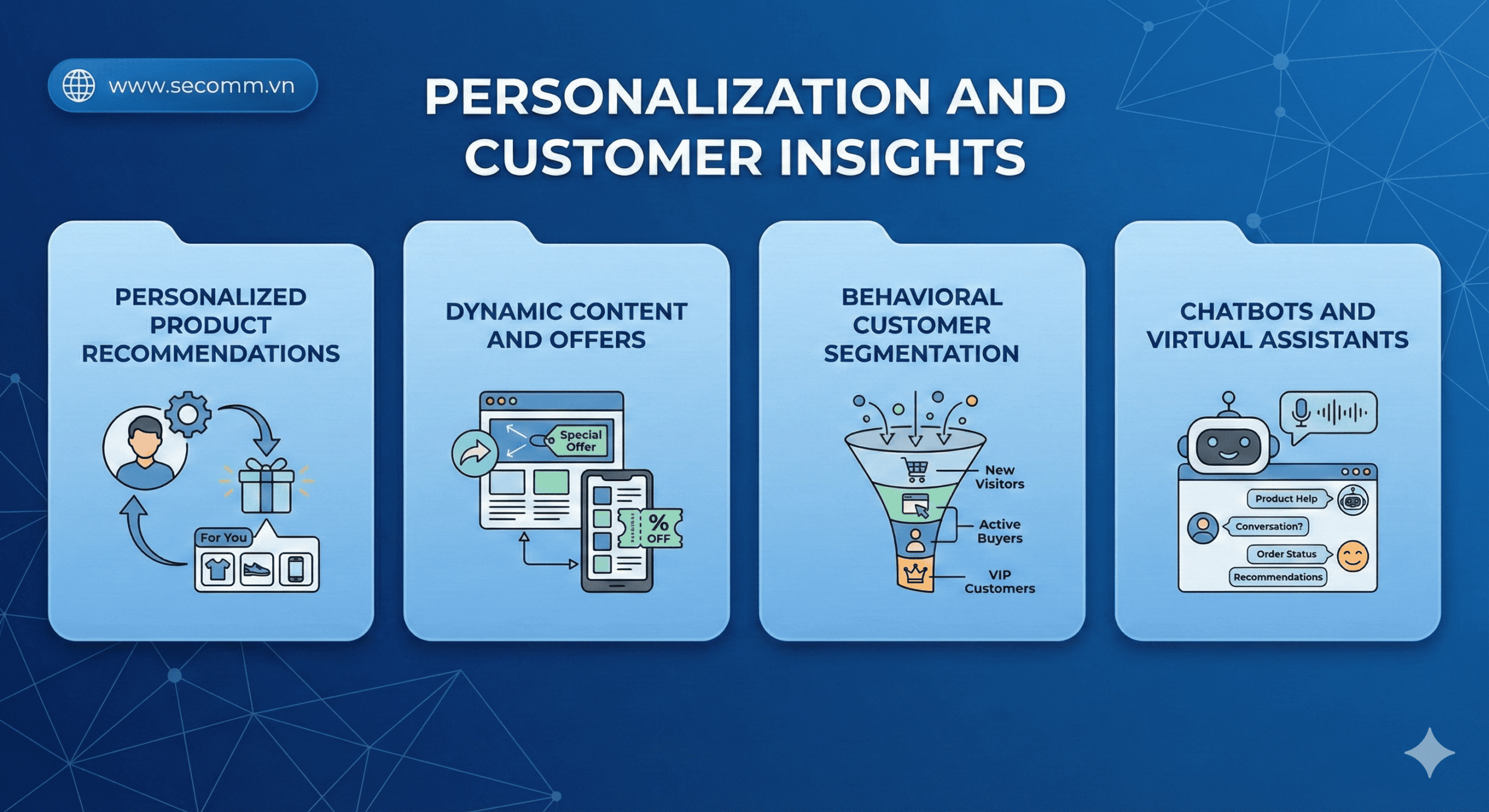
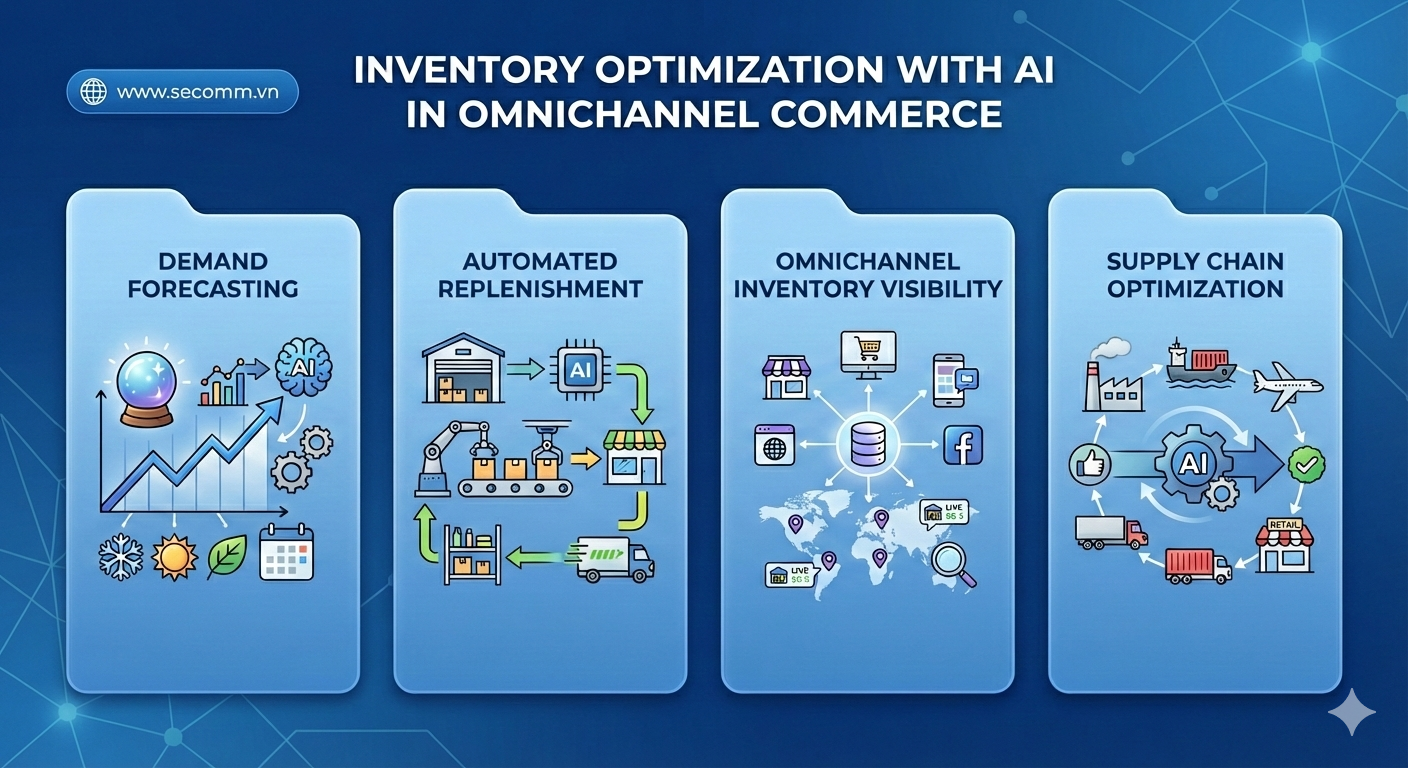
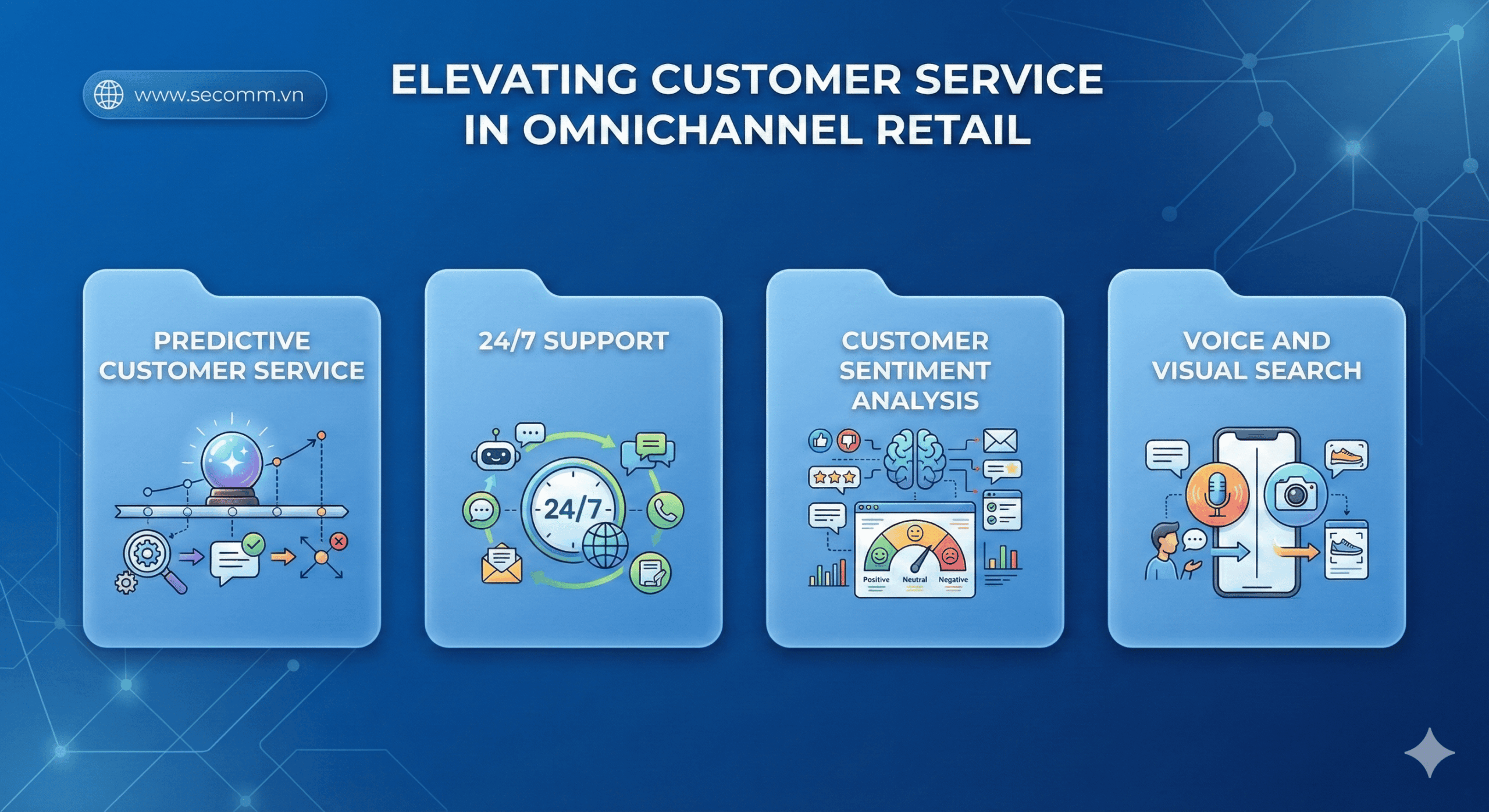
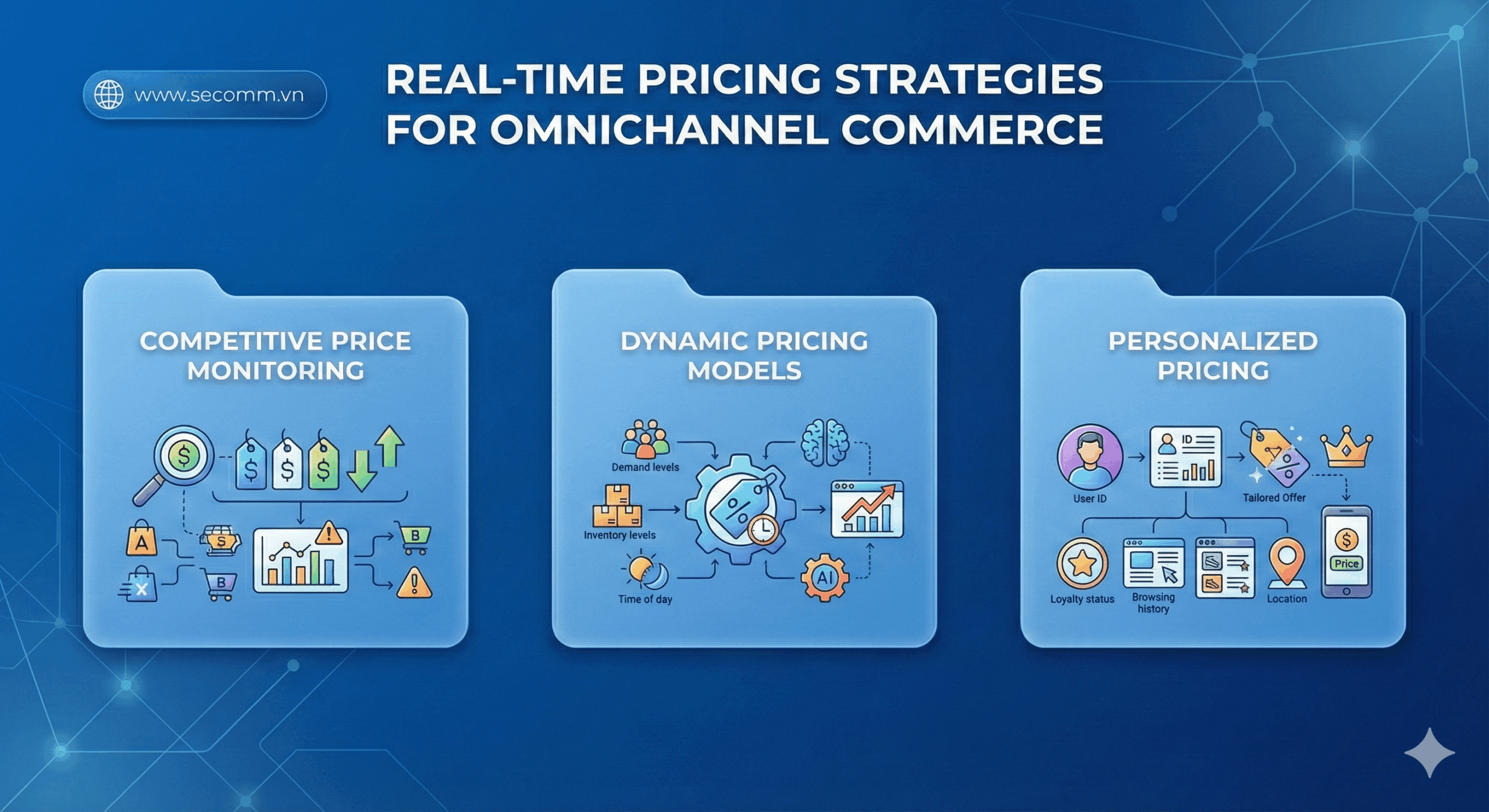
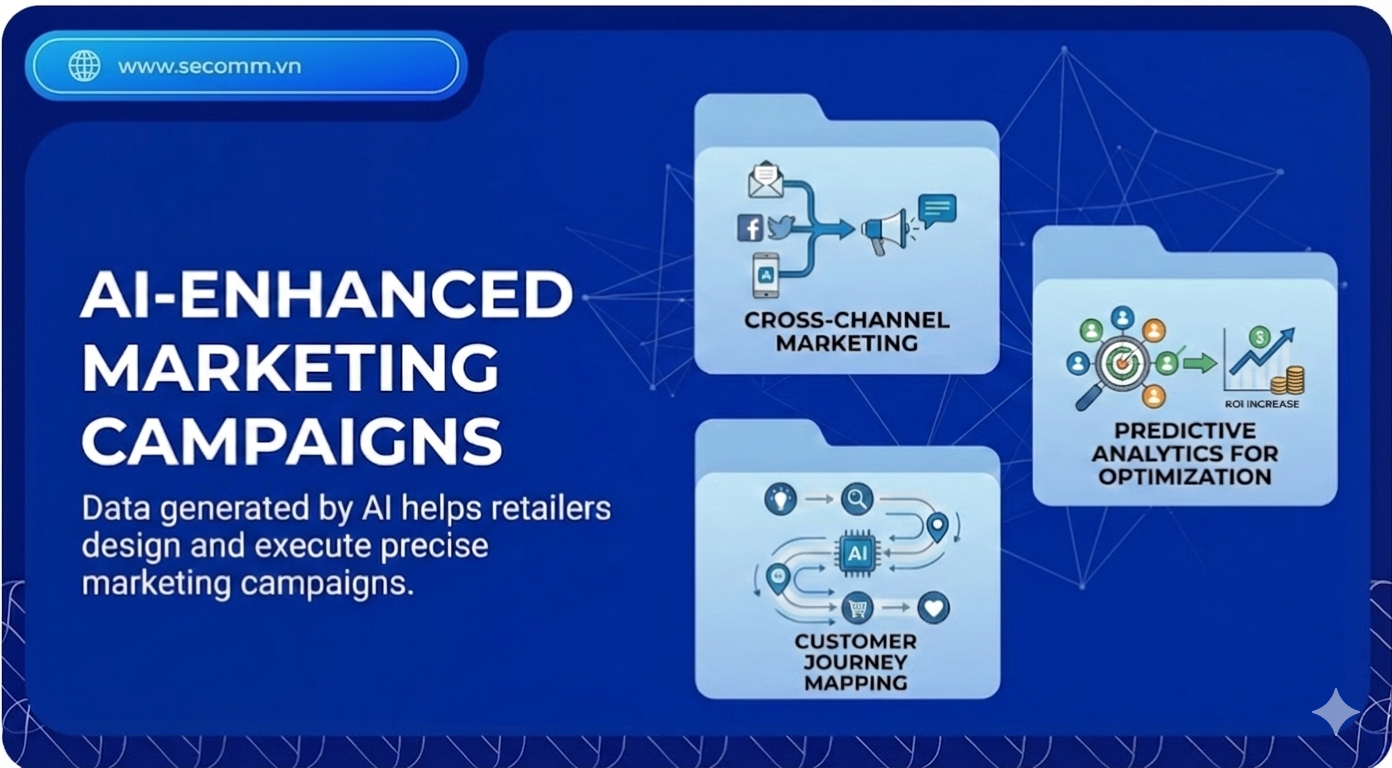
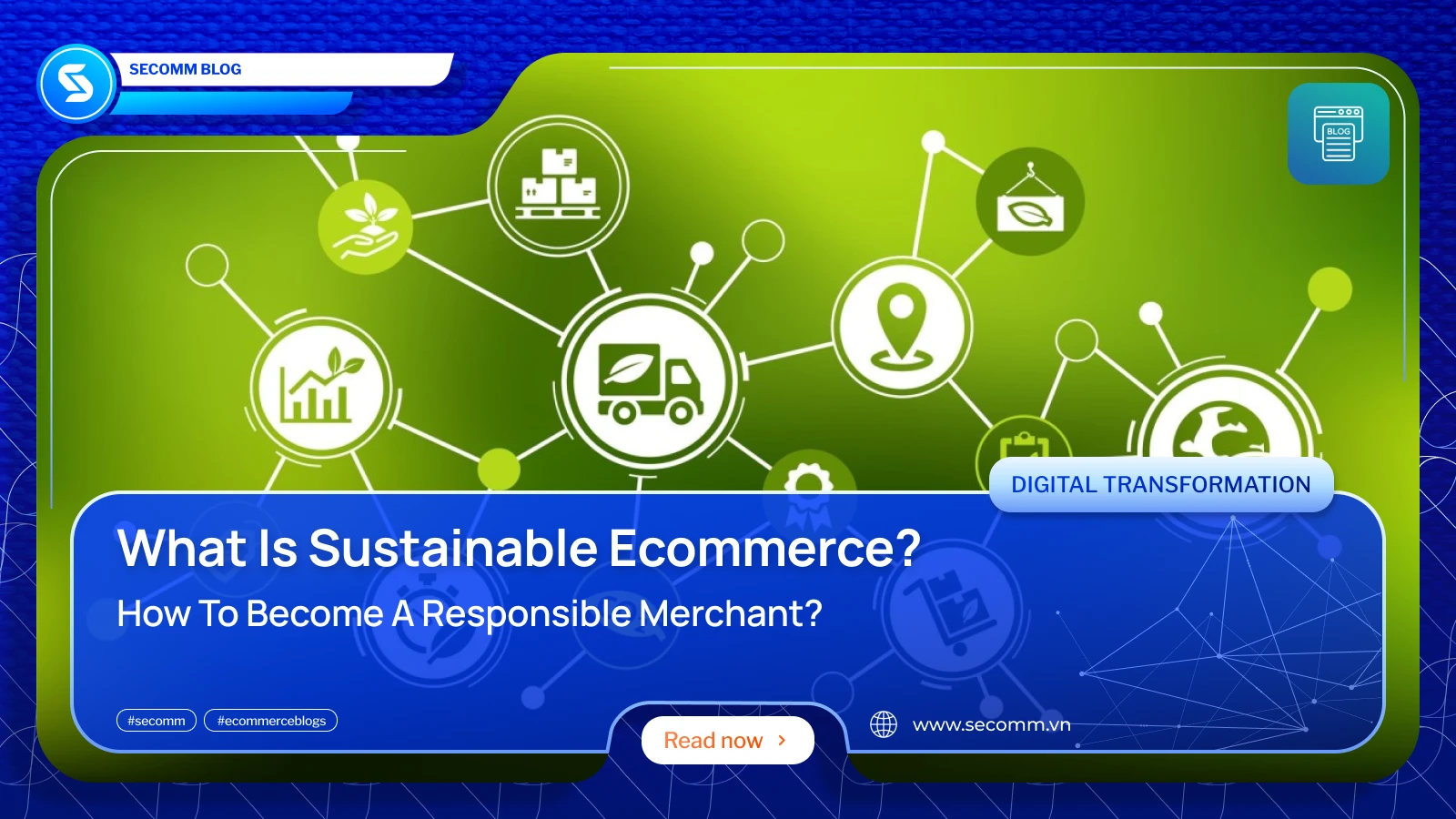
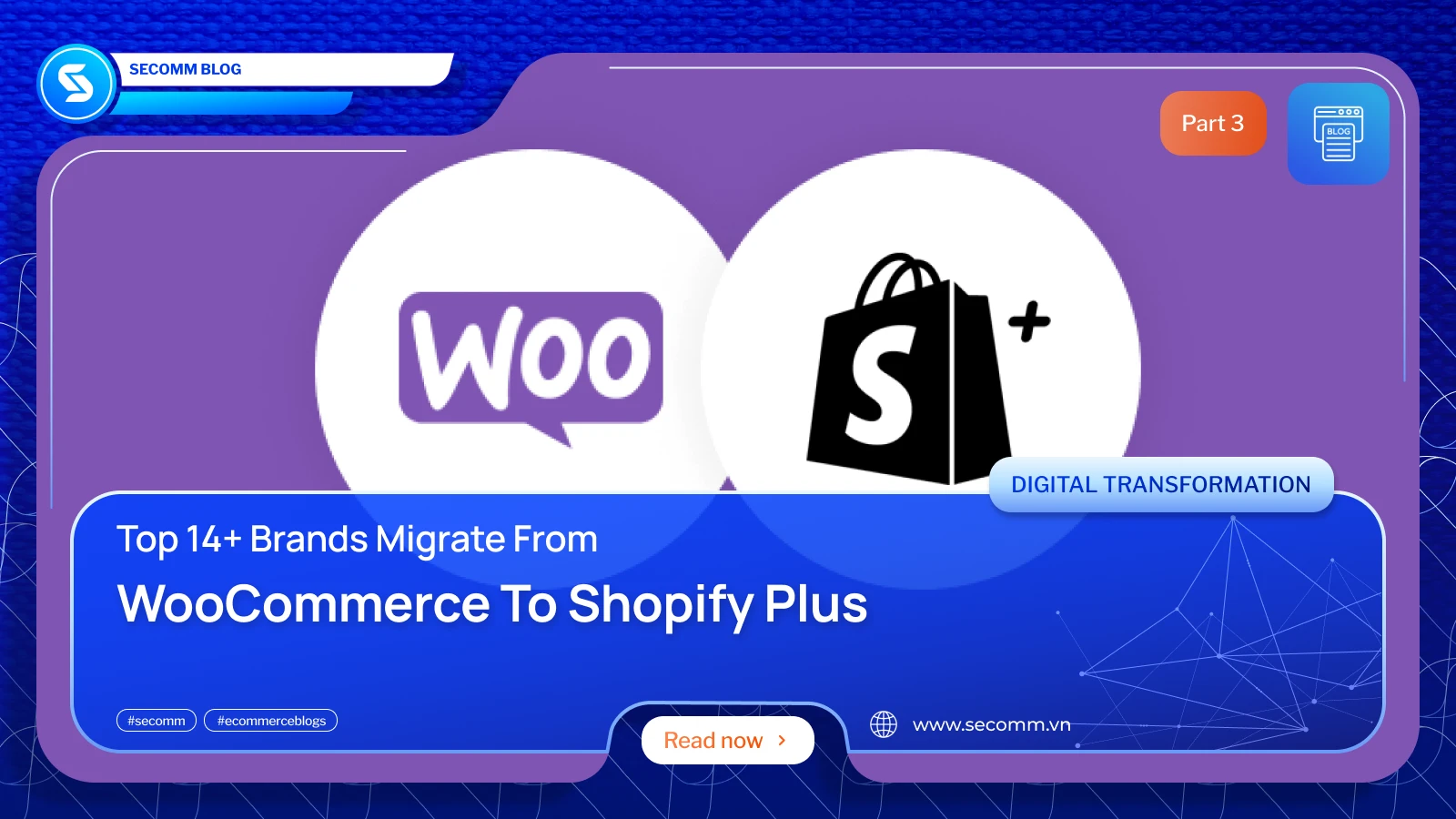
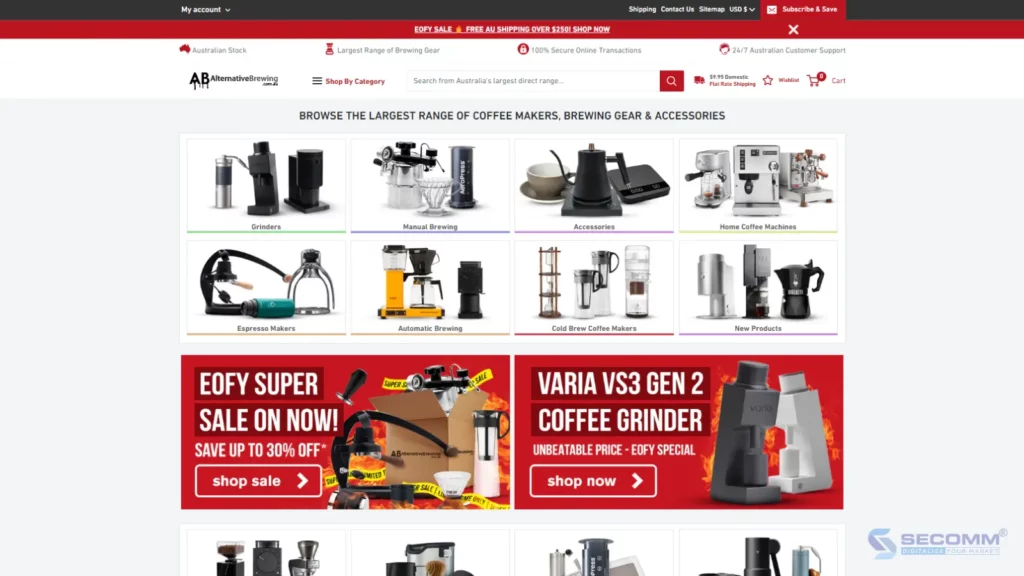



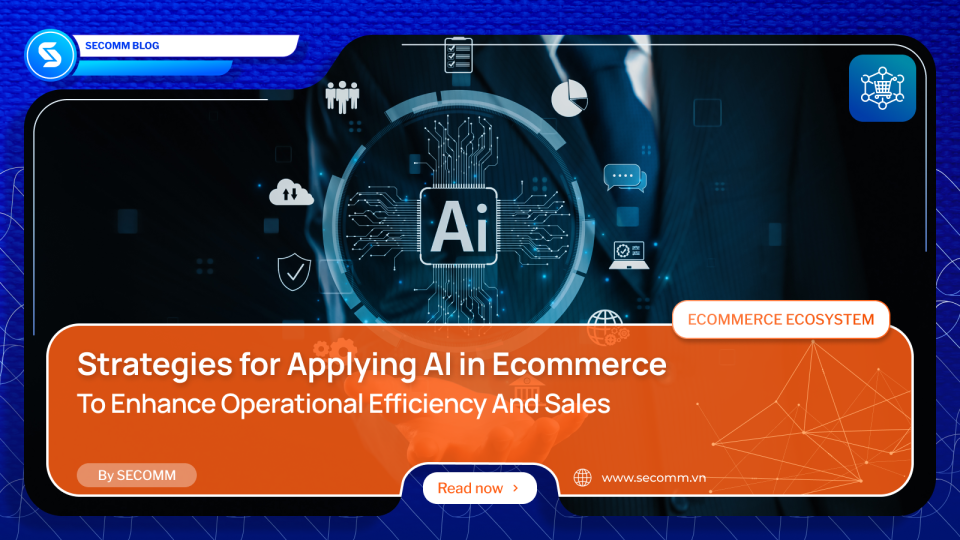

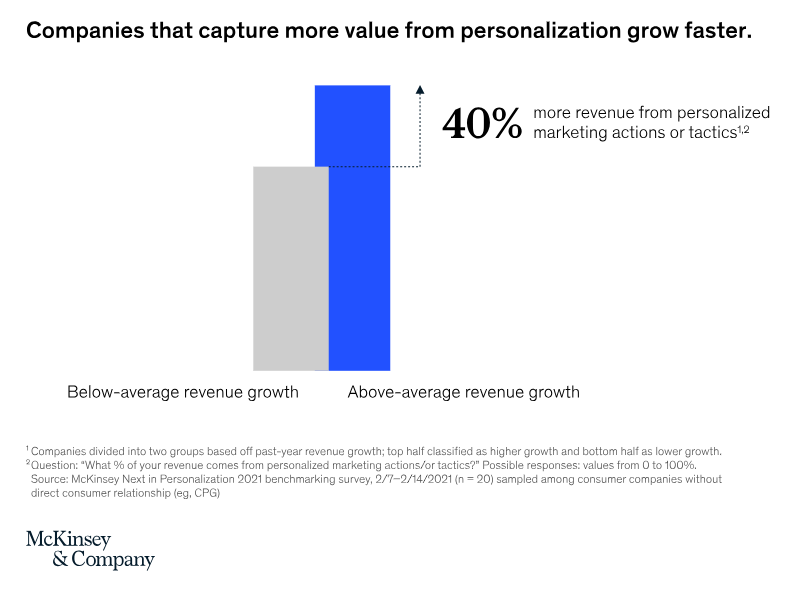
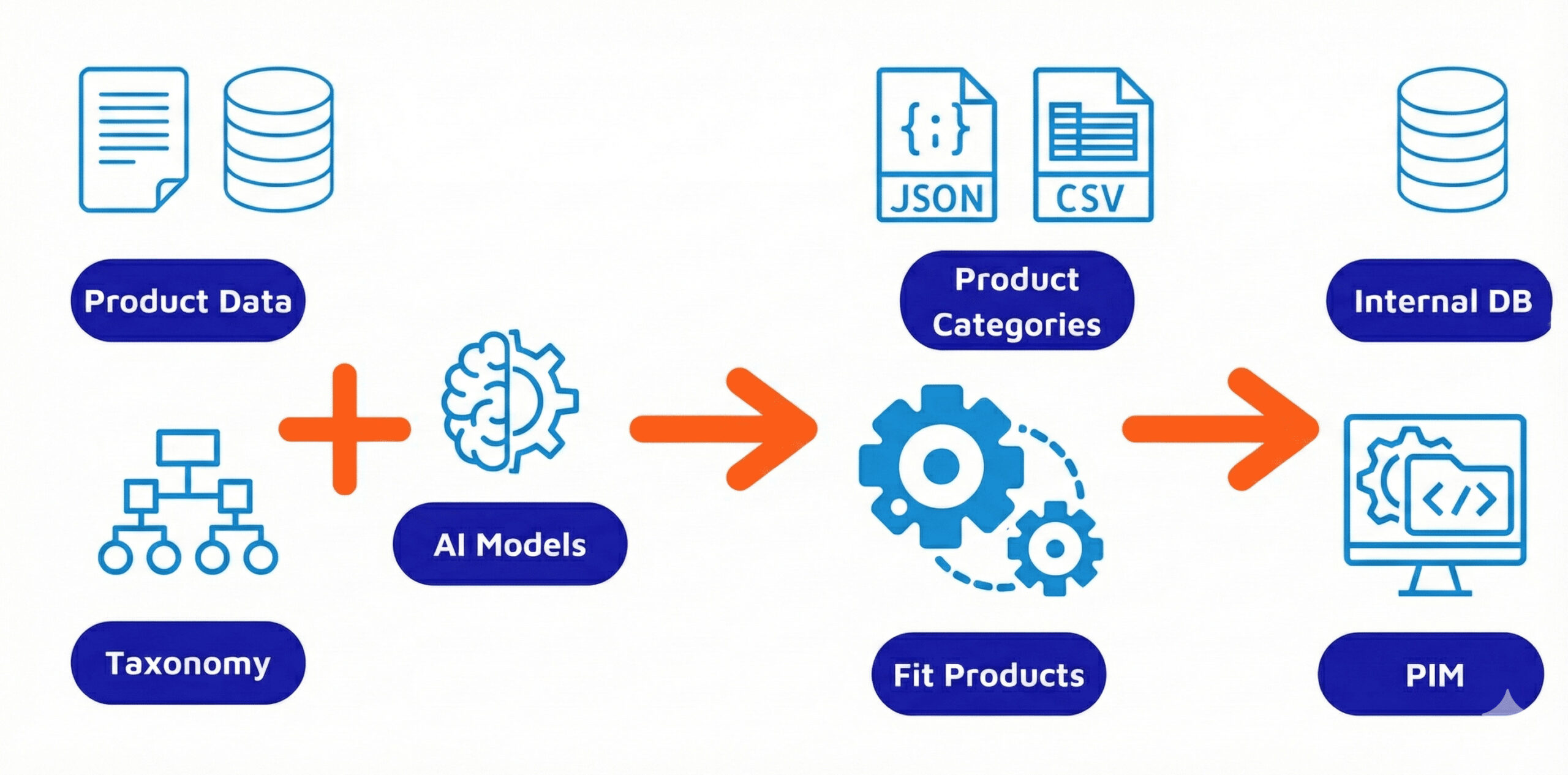

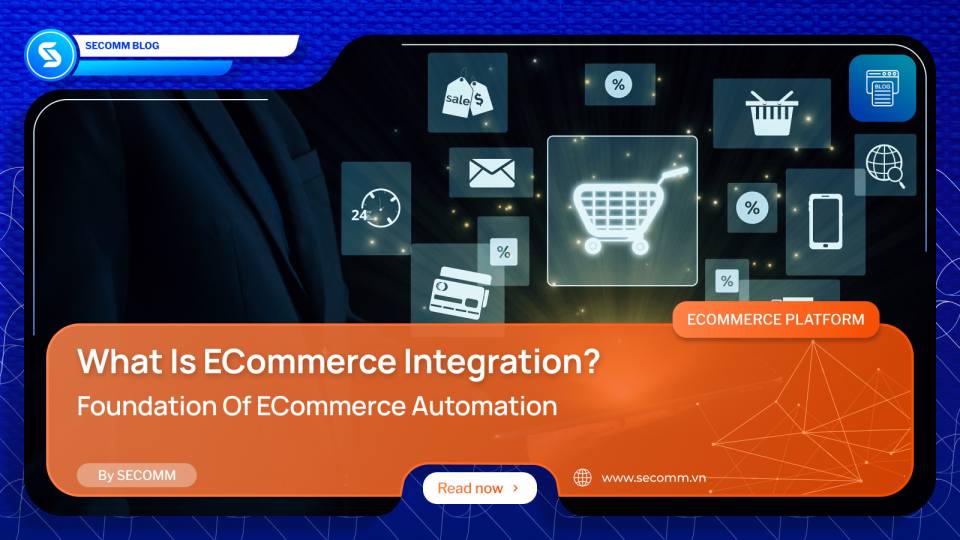
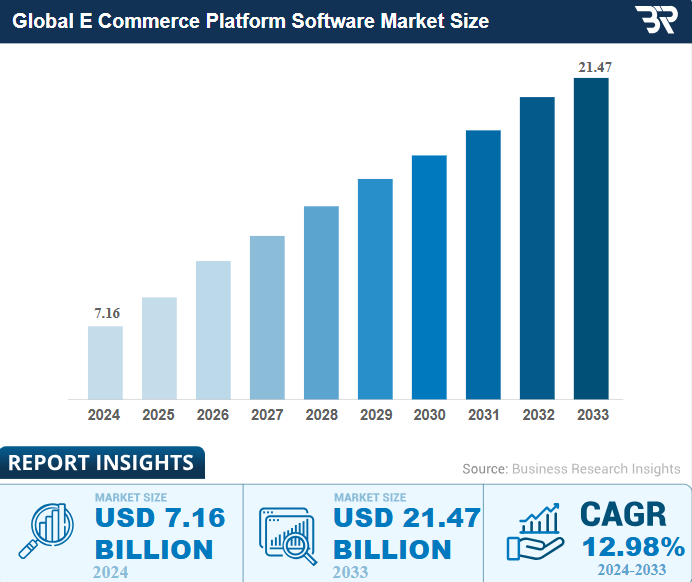

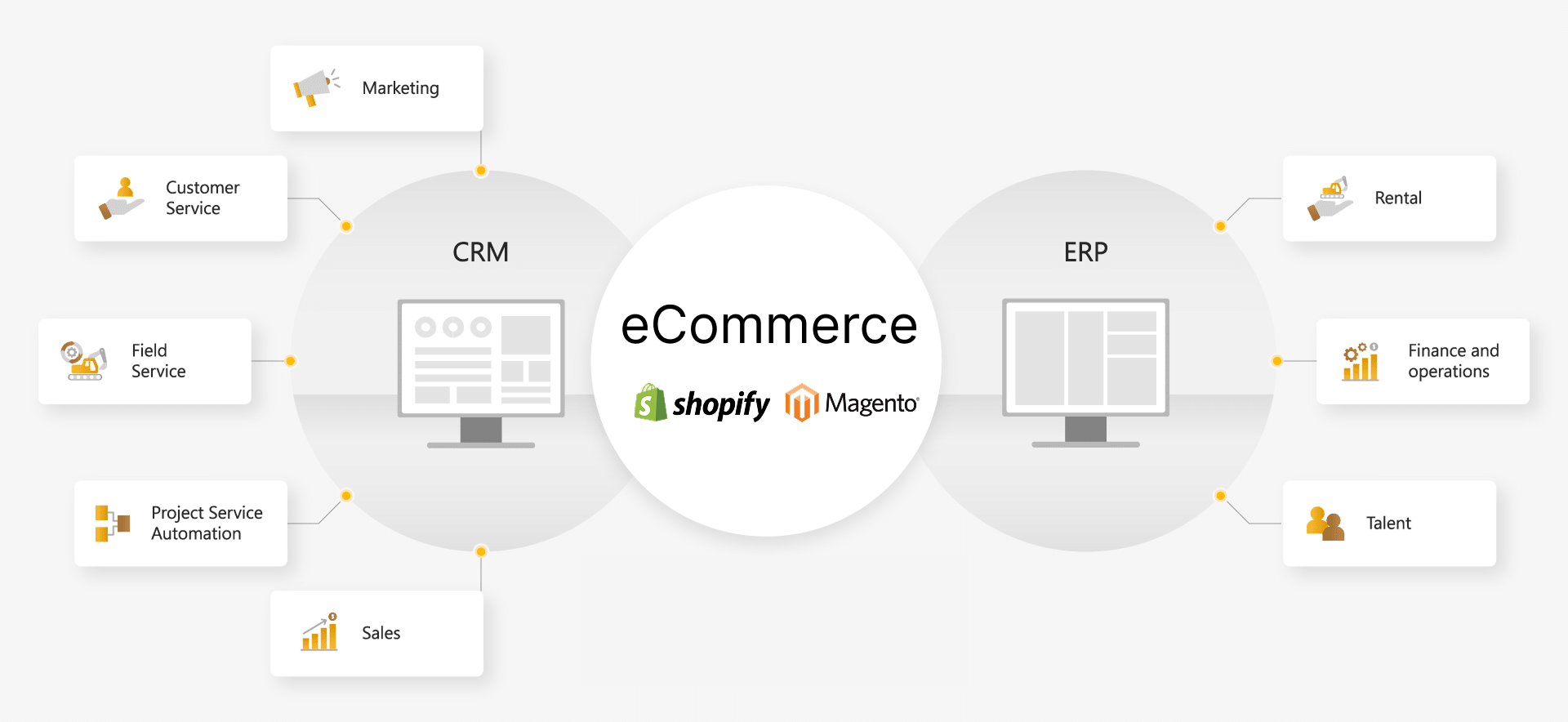
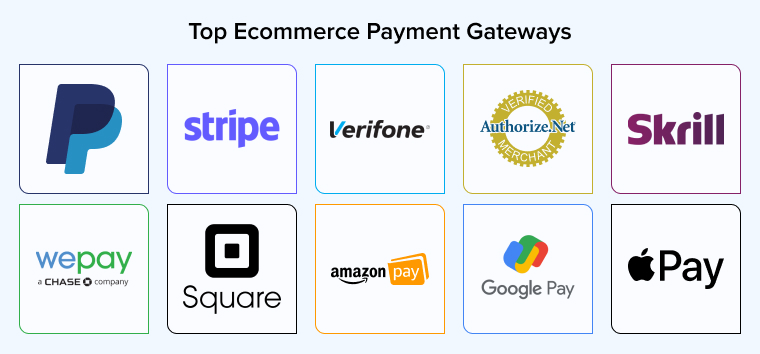
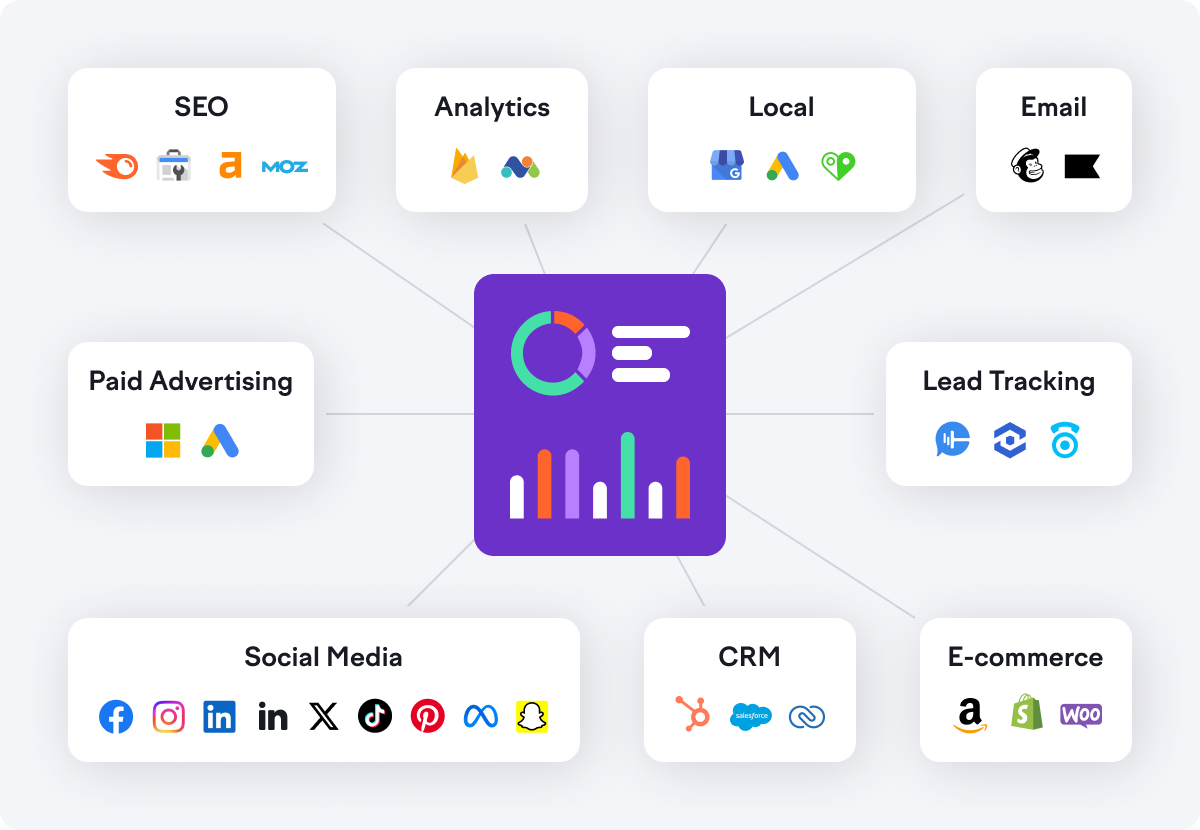





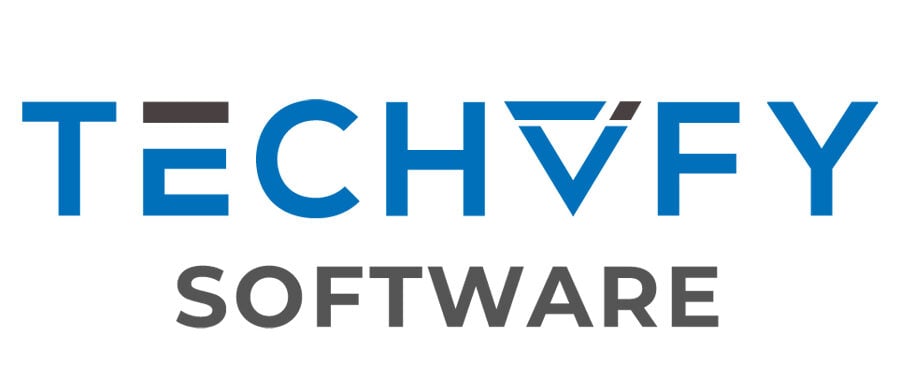



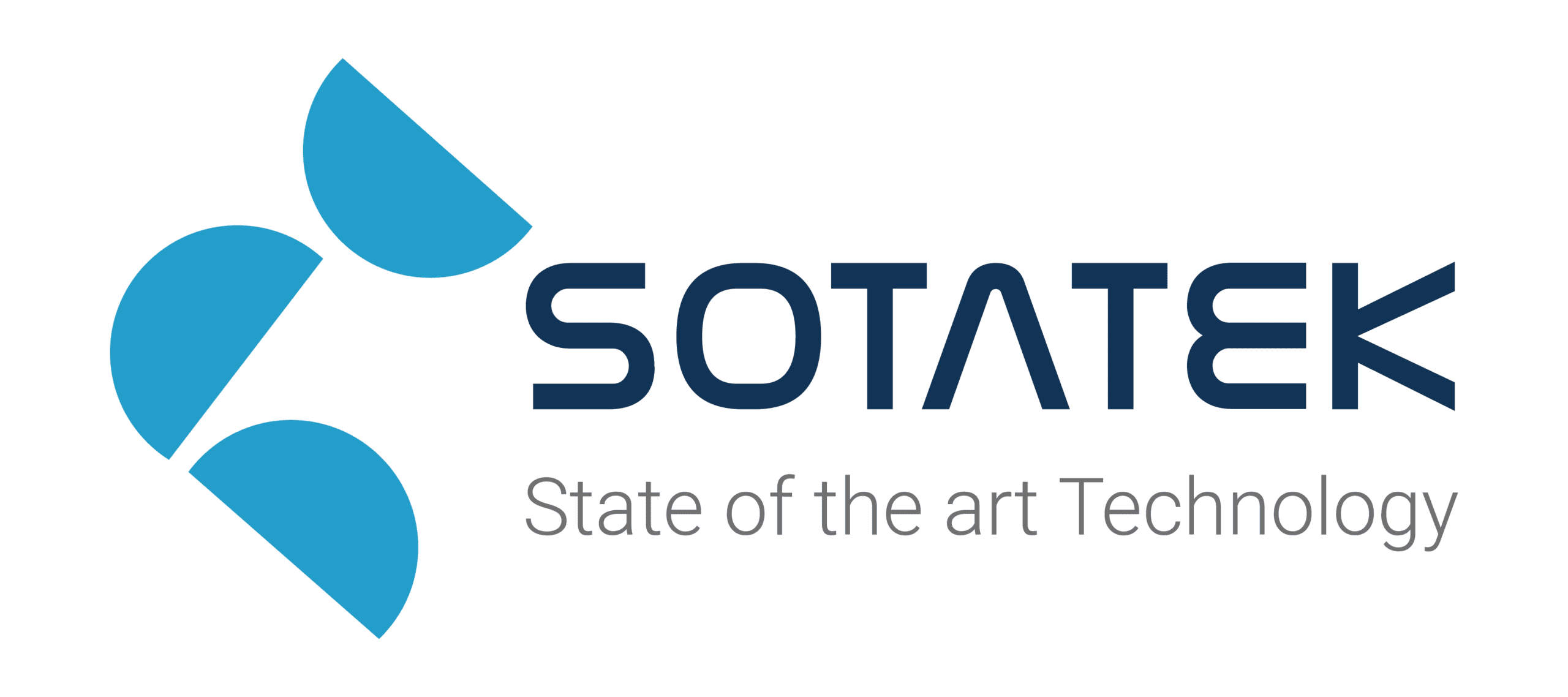










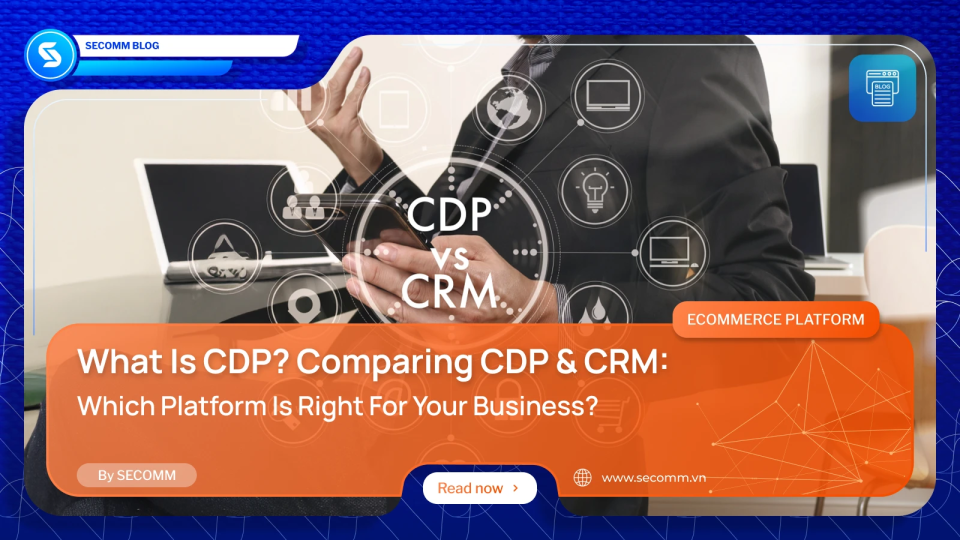
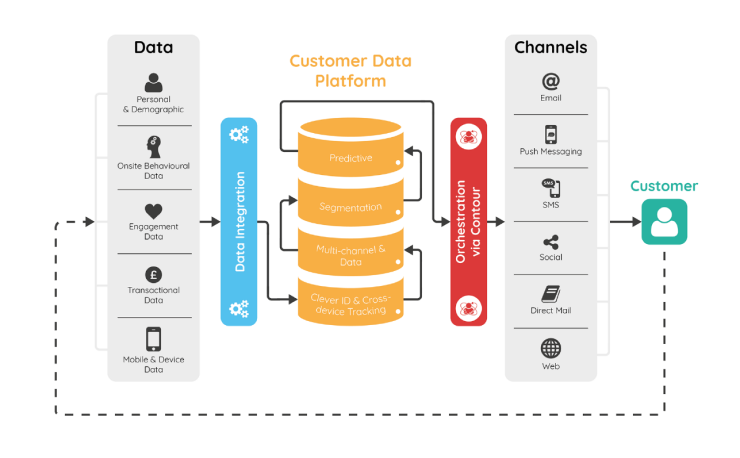
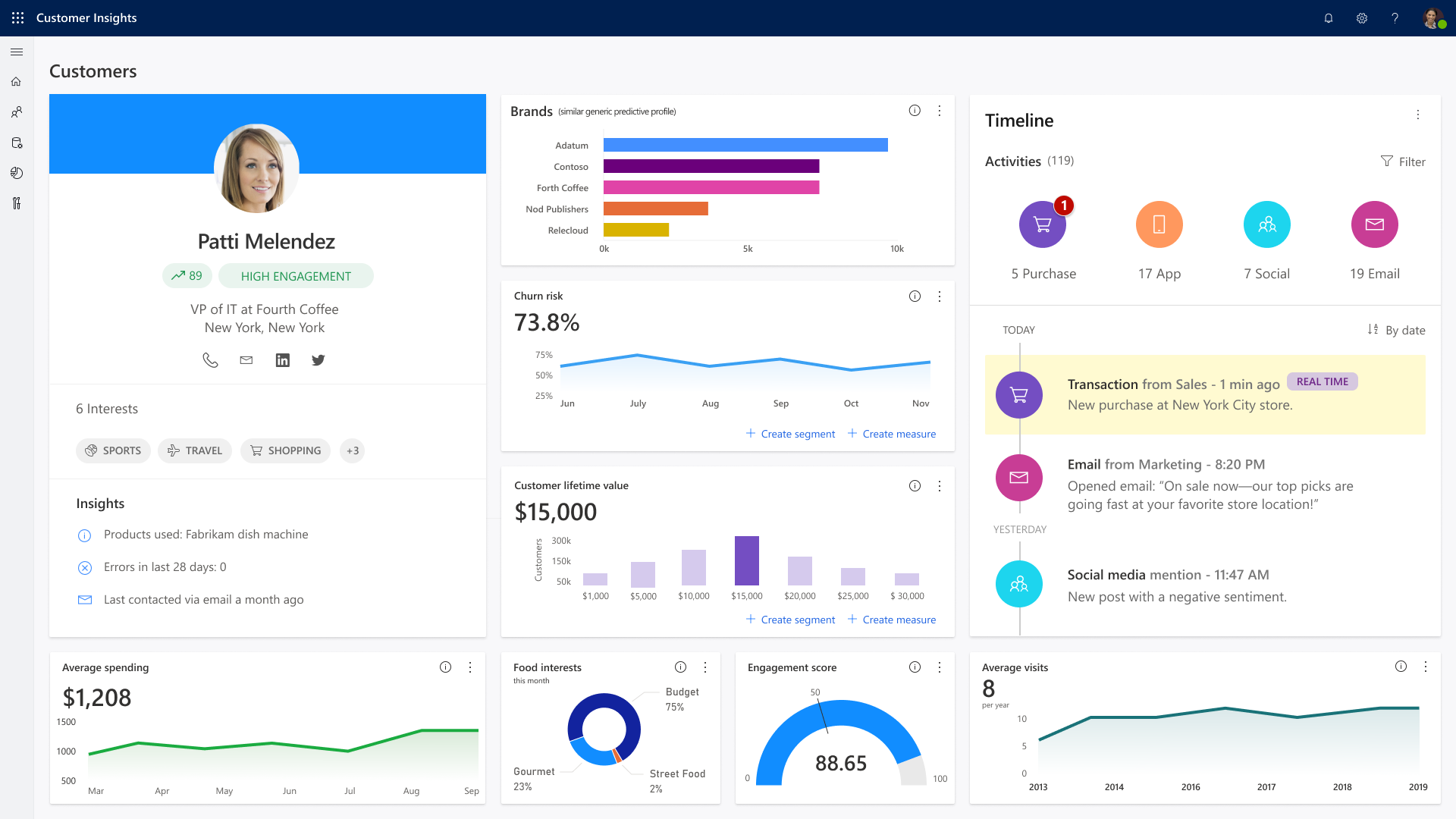




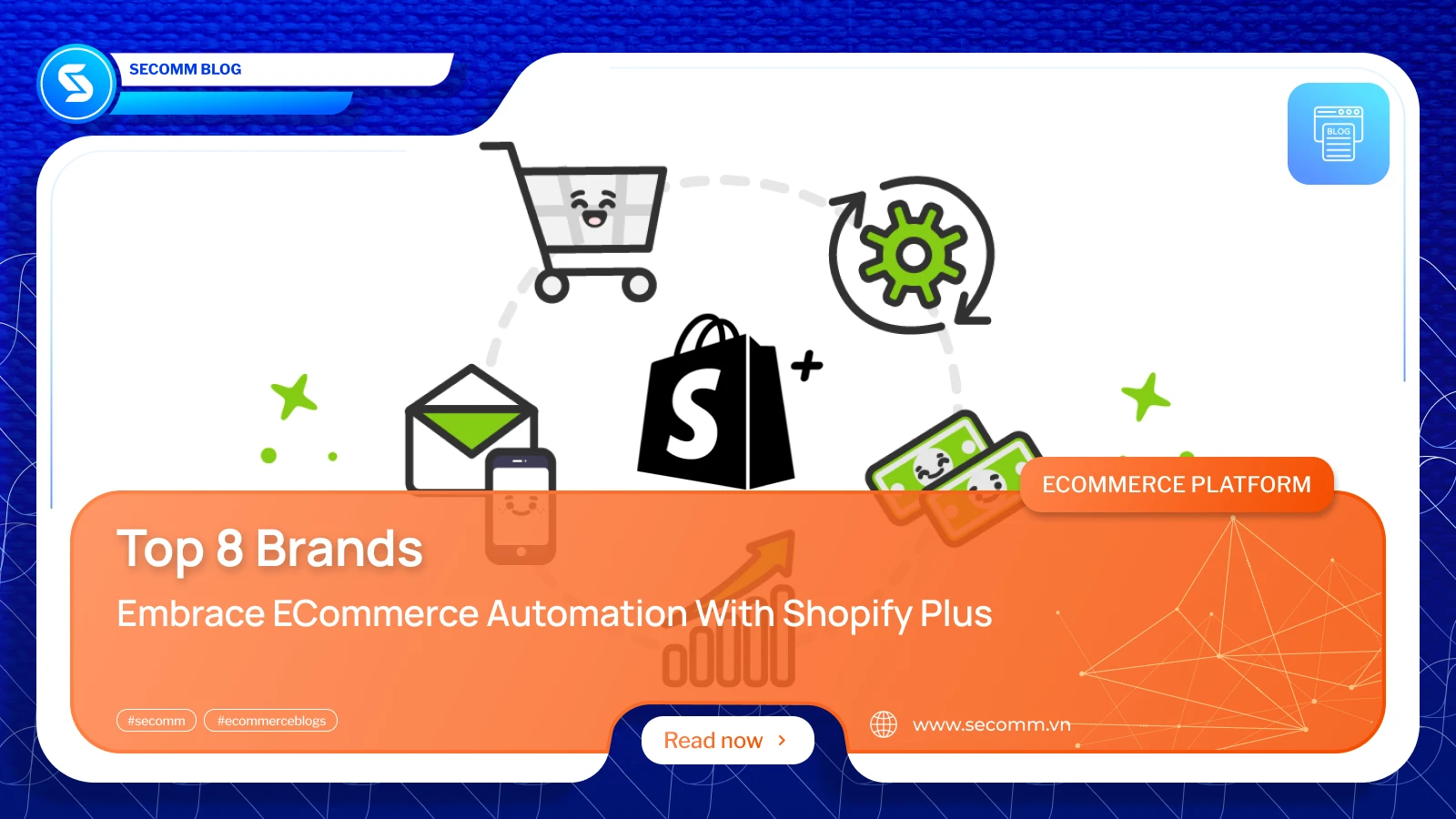





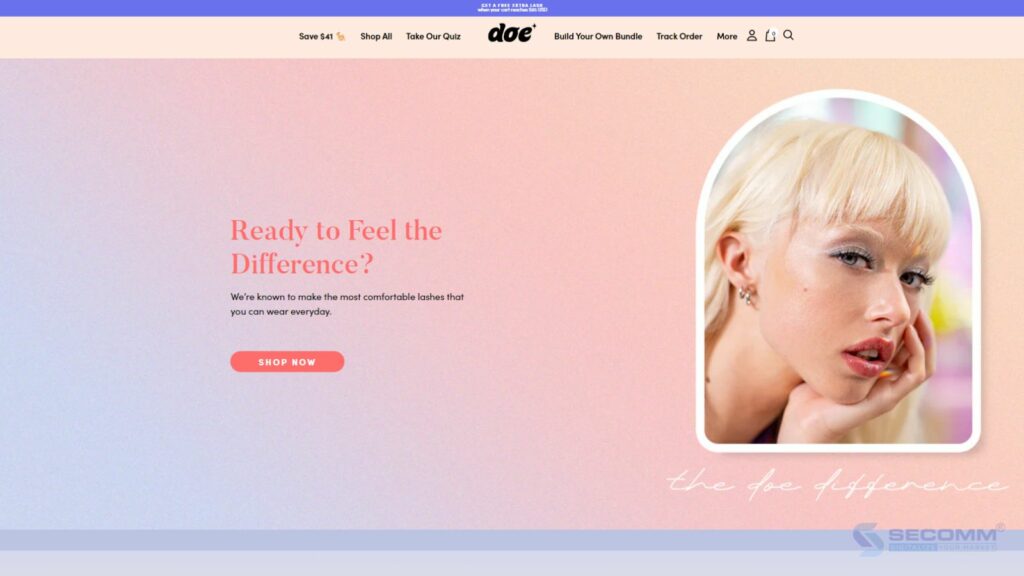




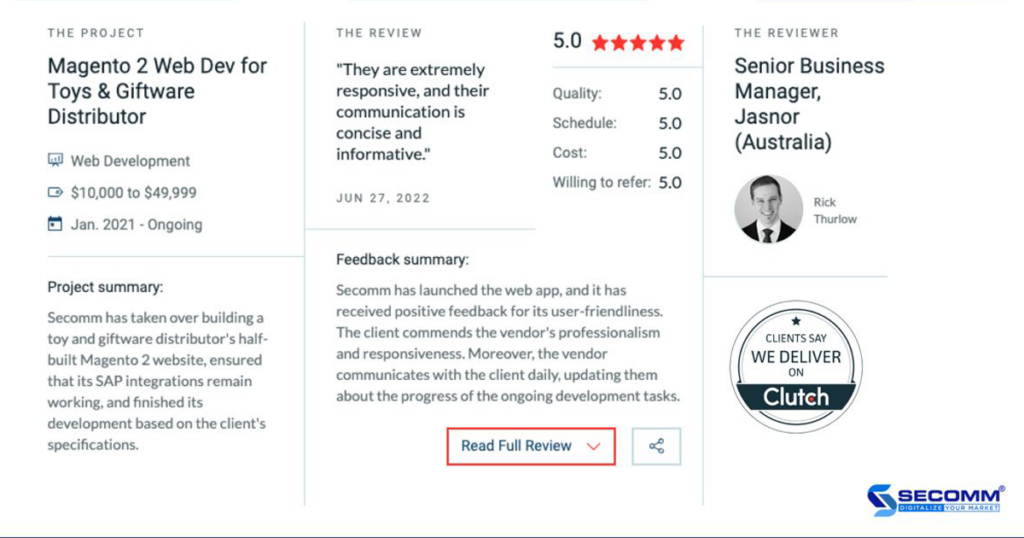
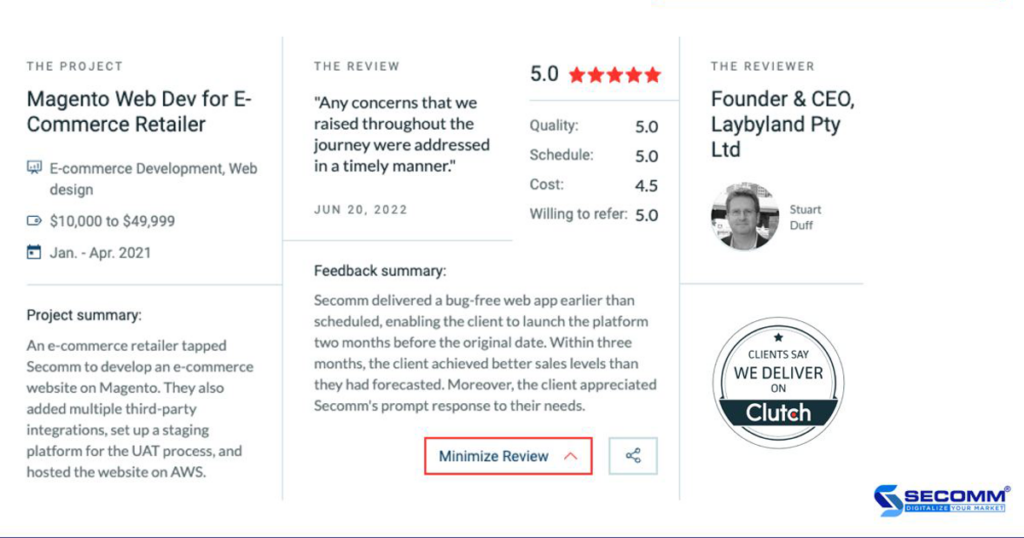

















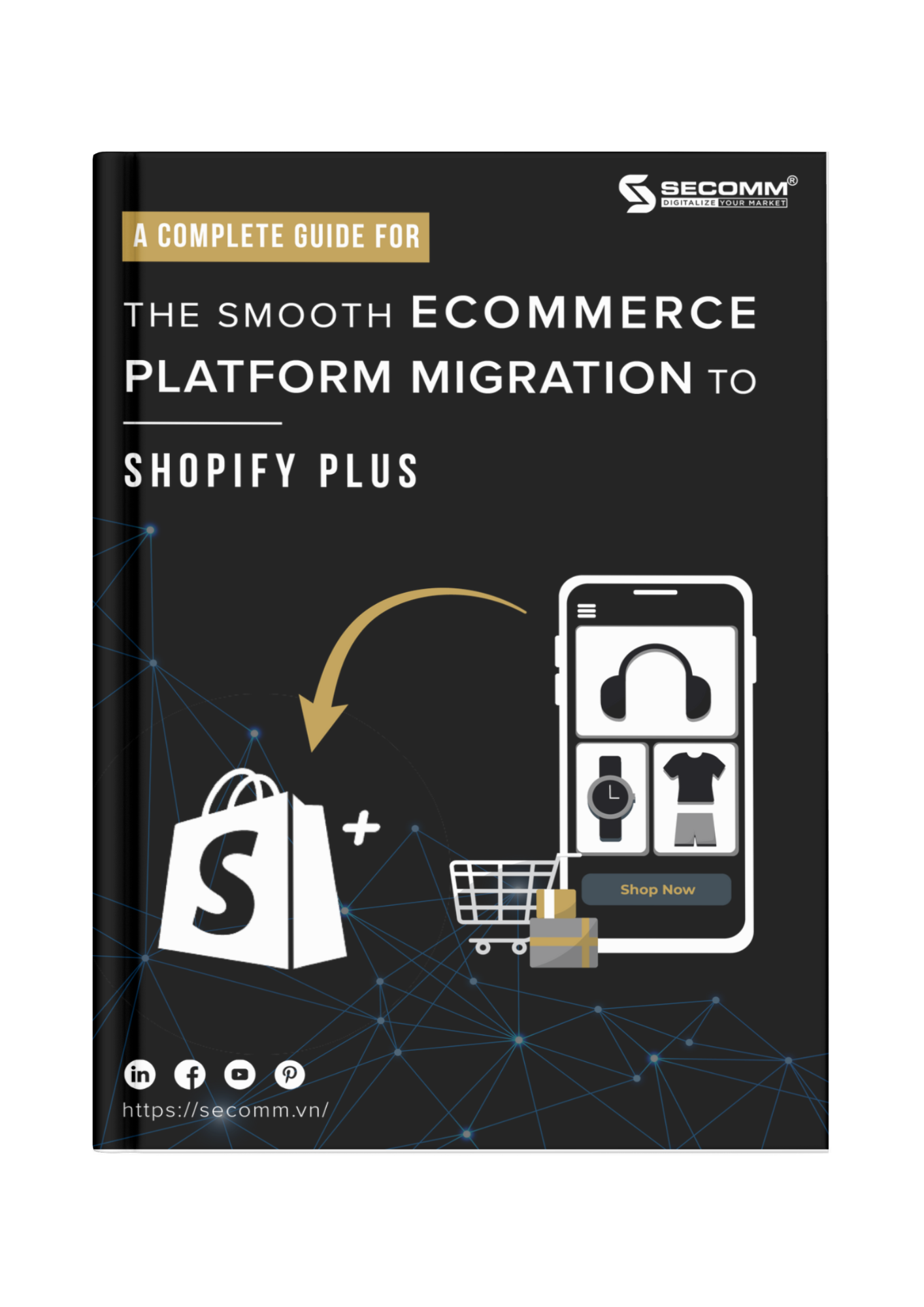



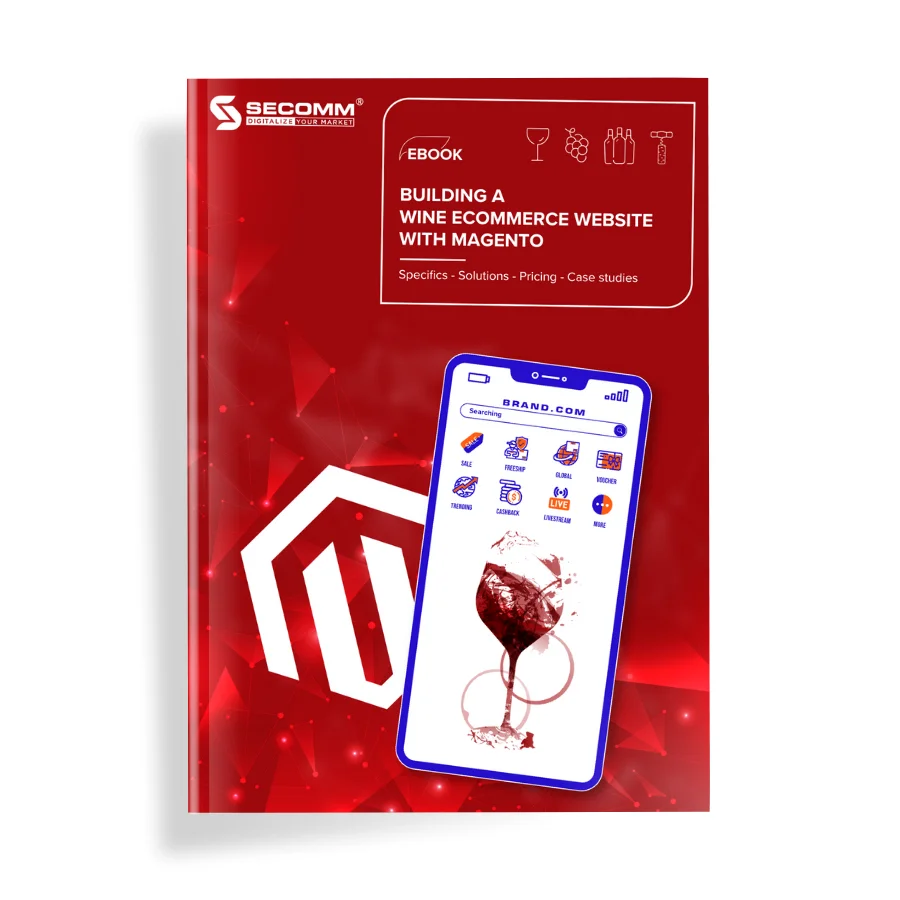
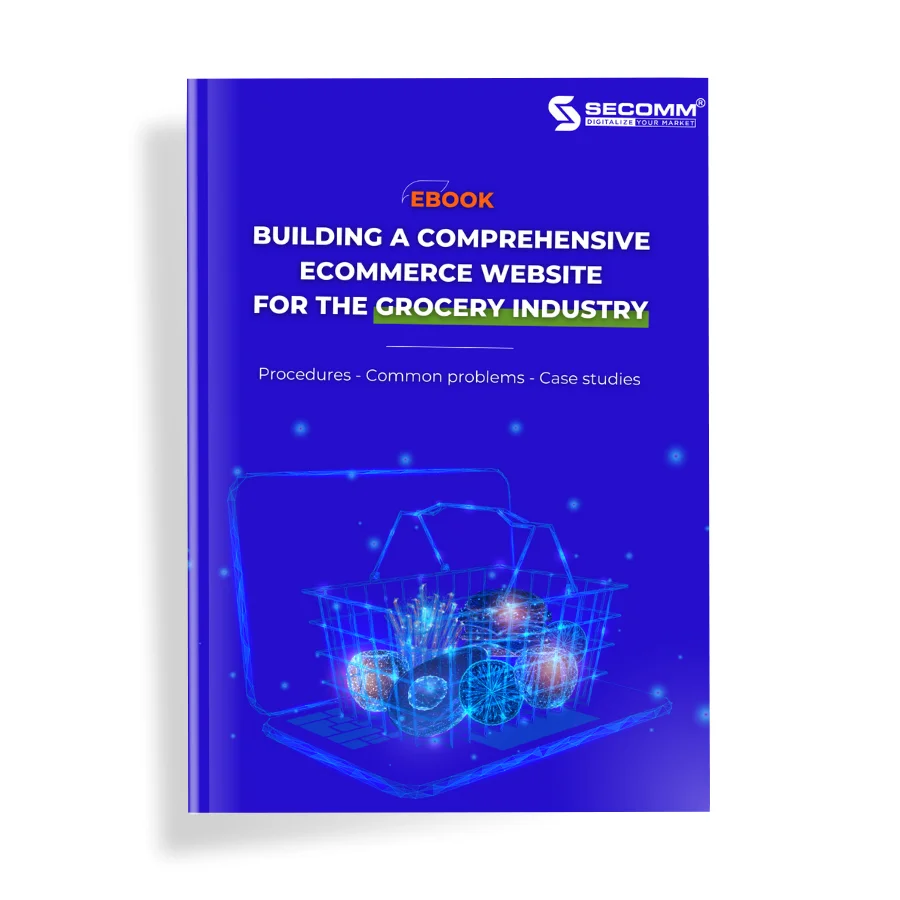

Comment (0)